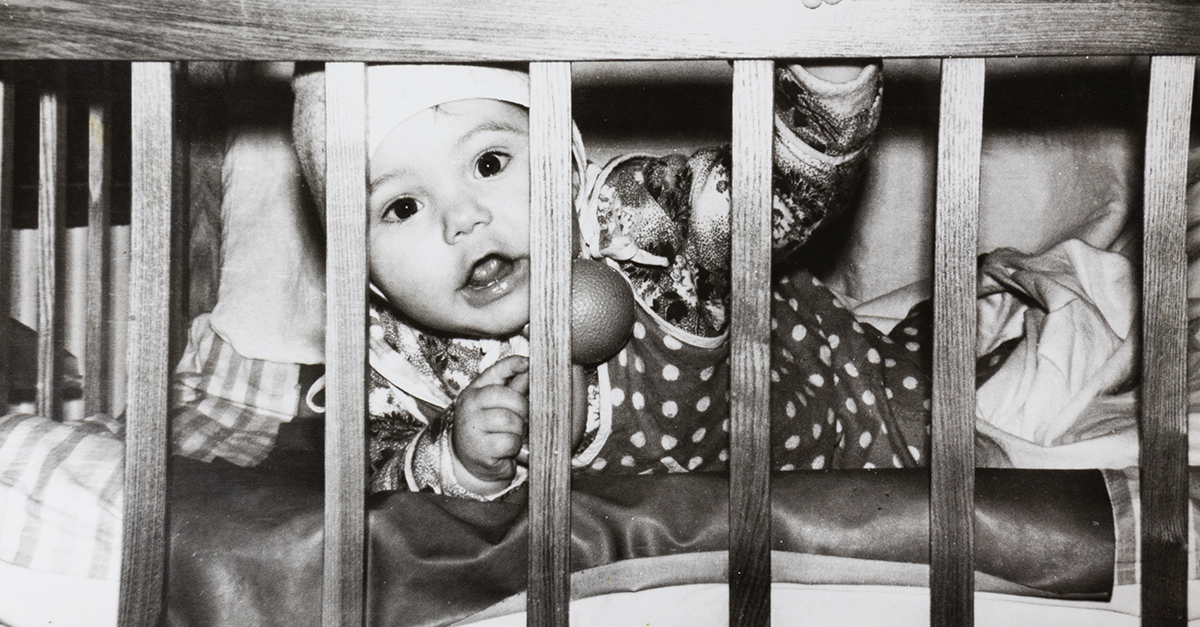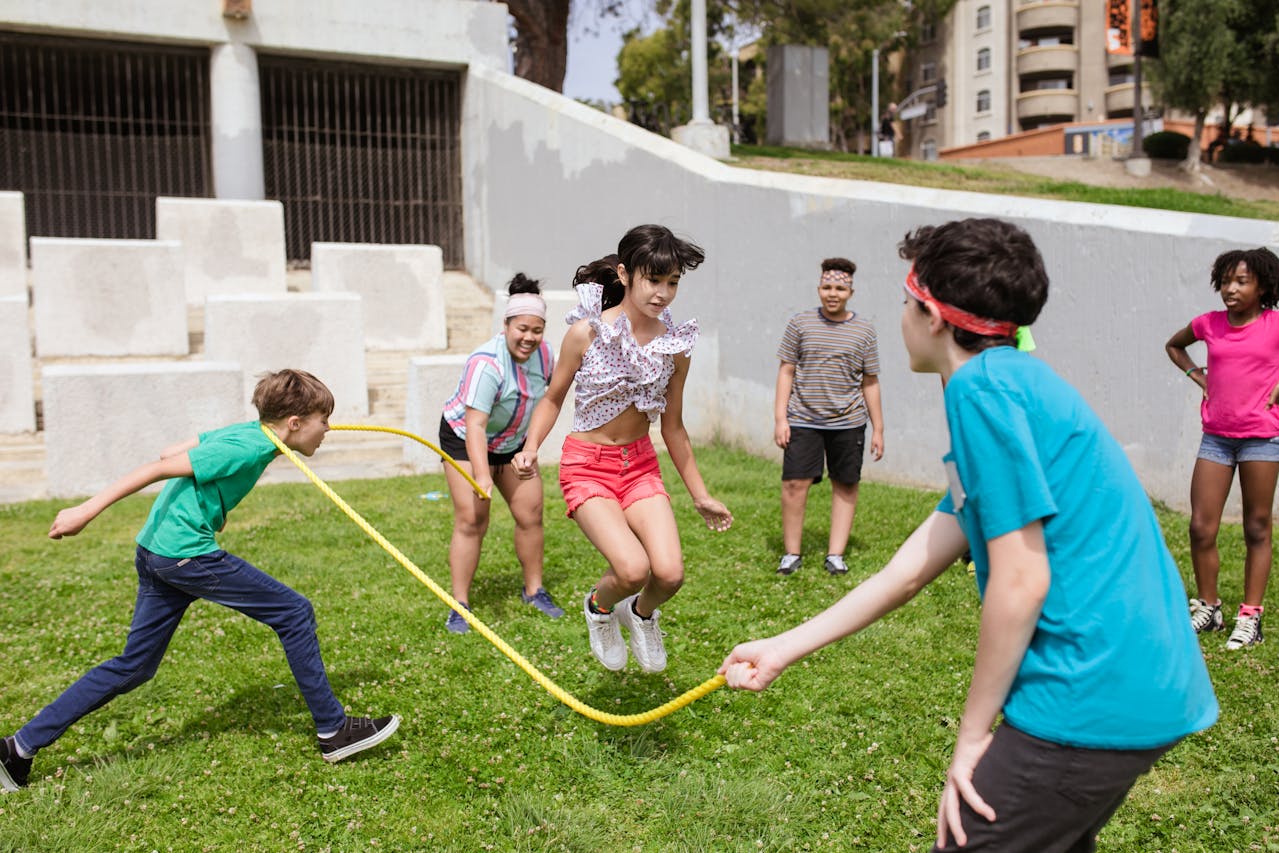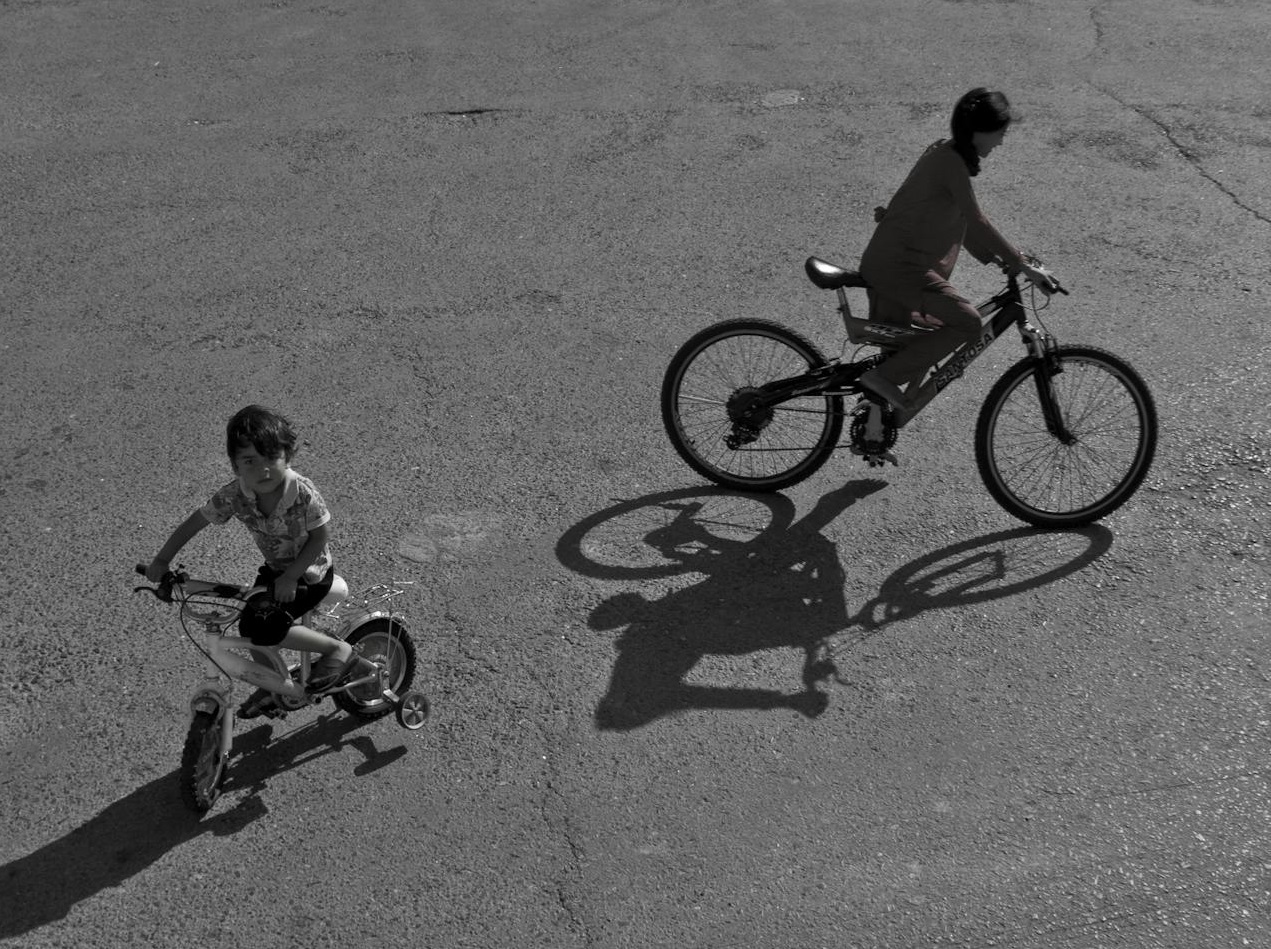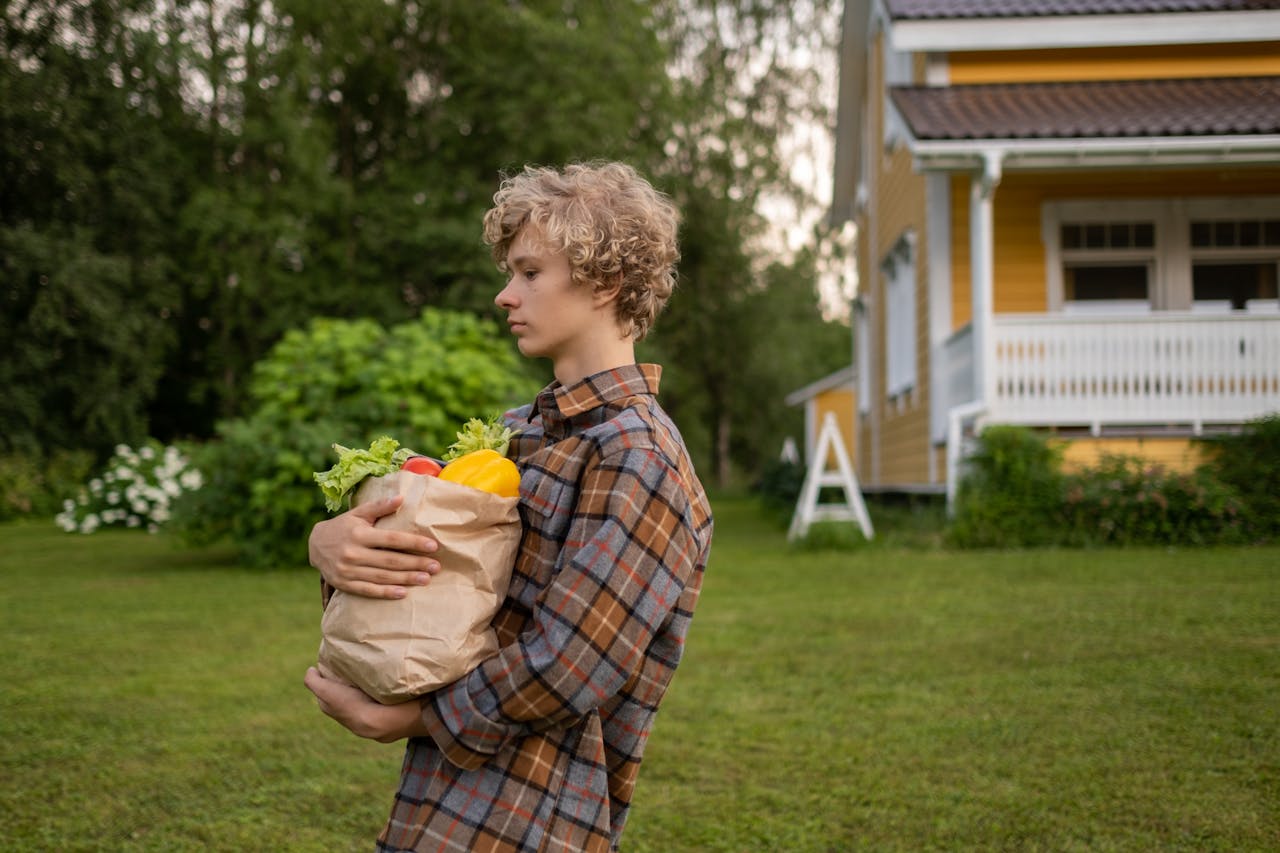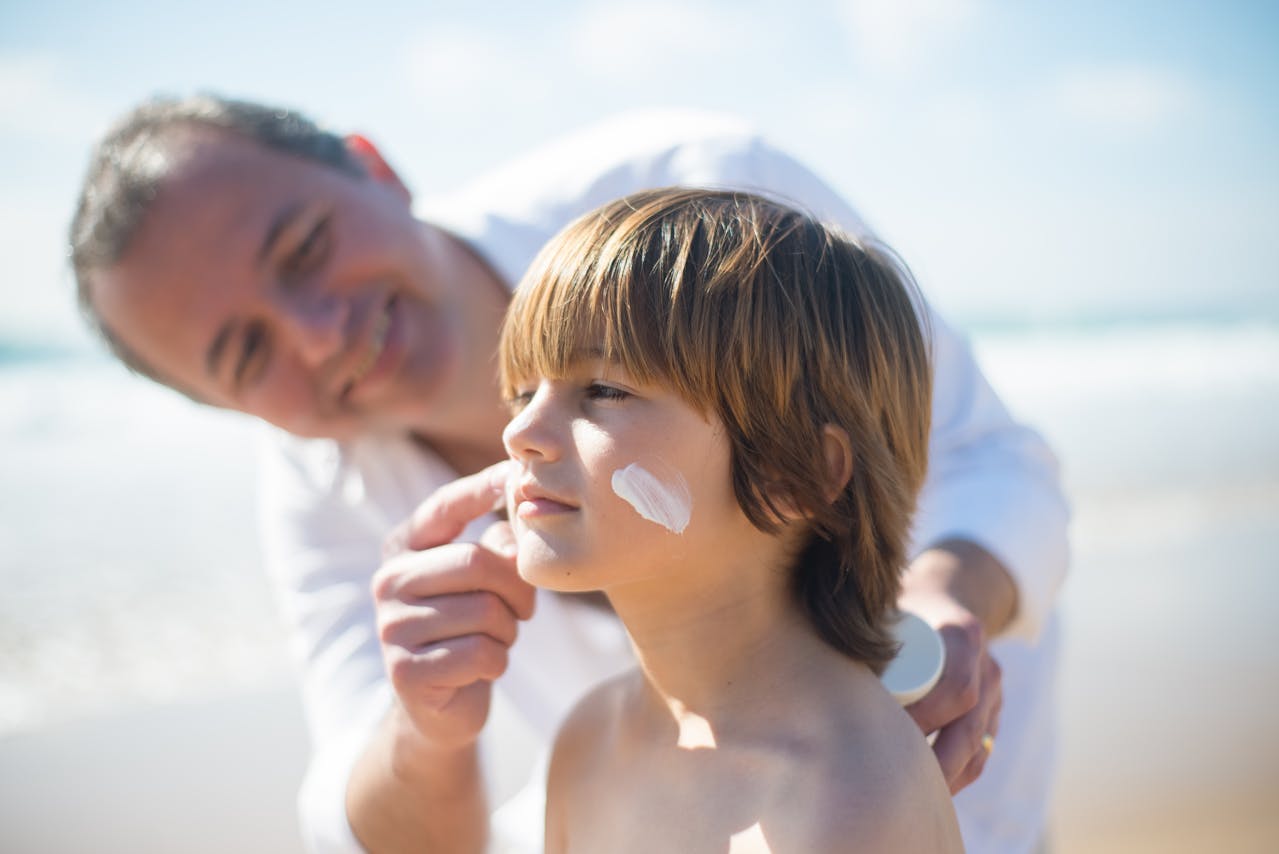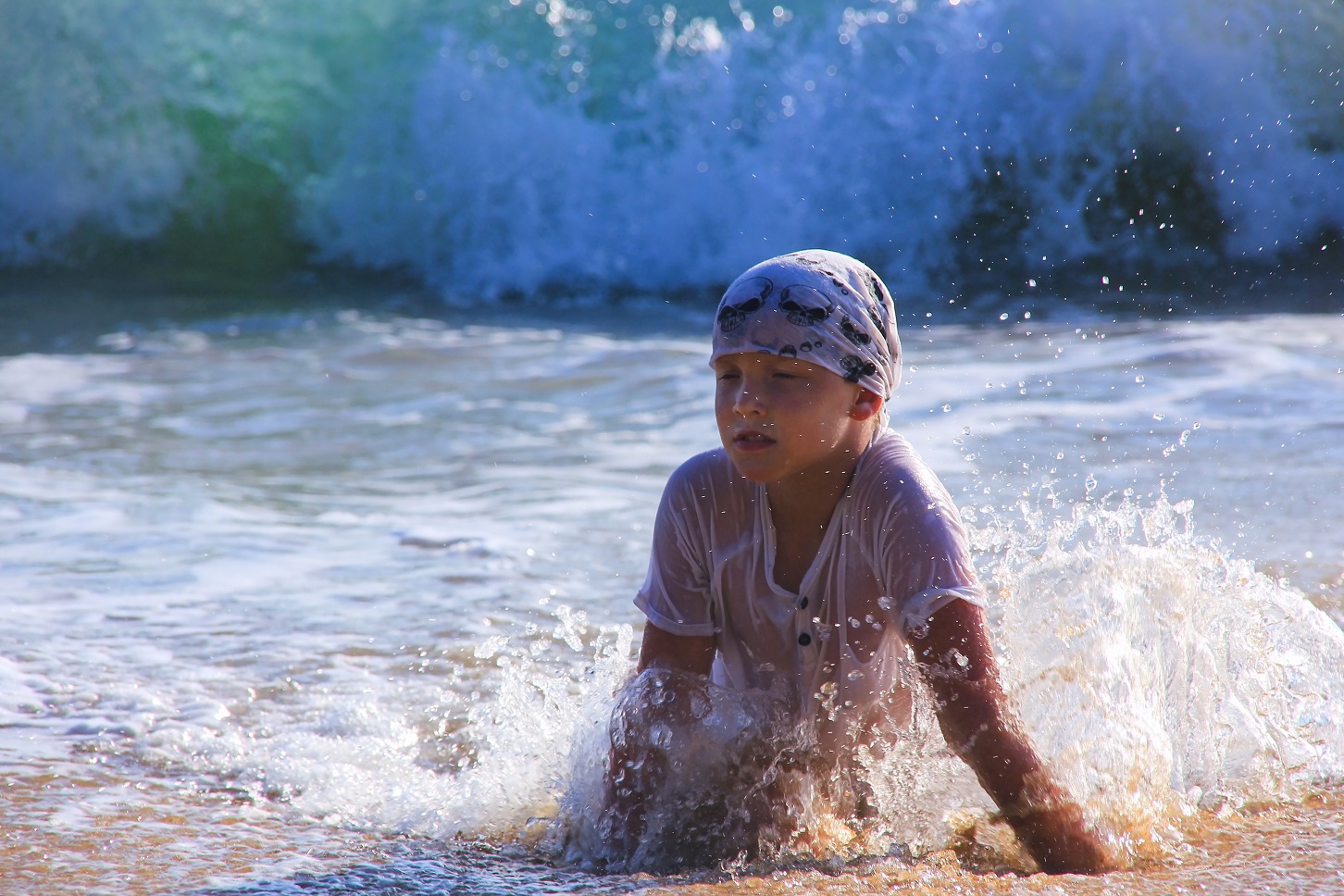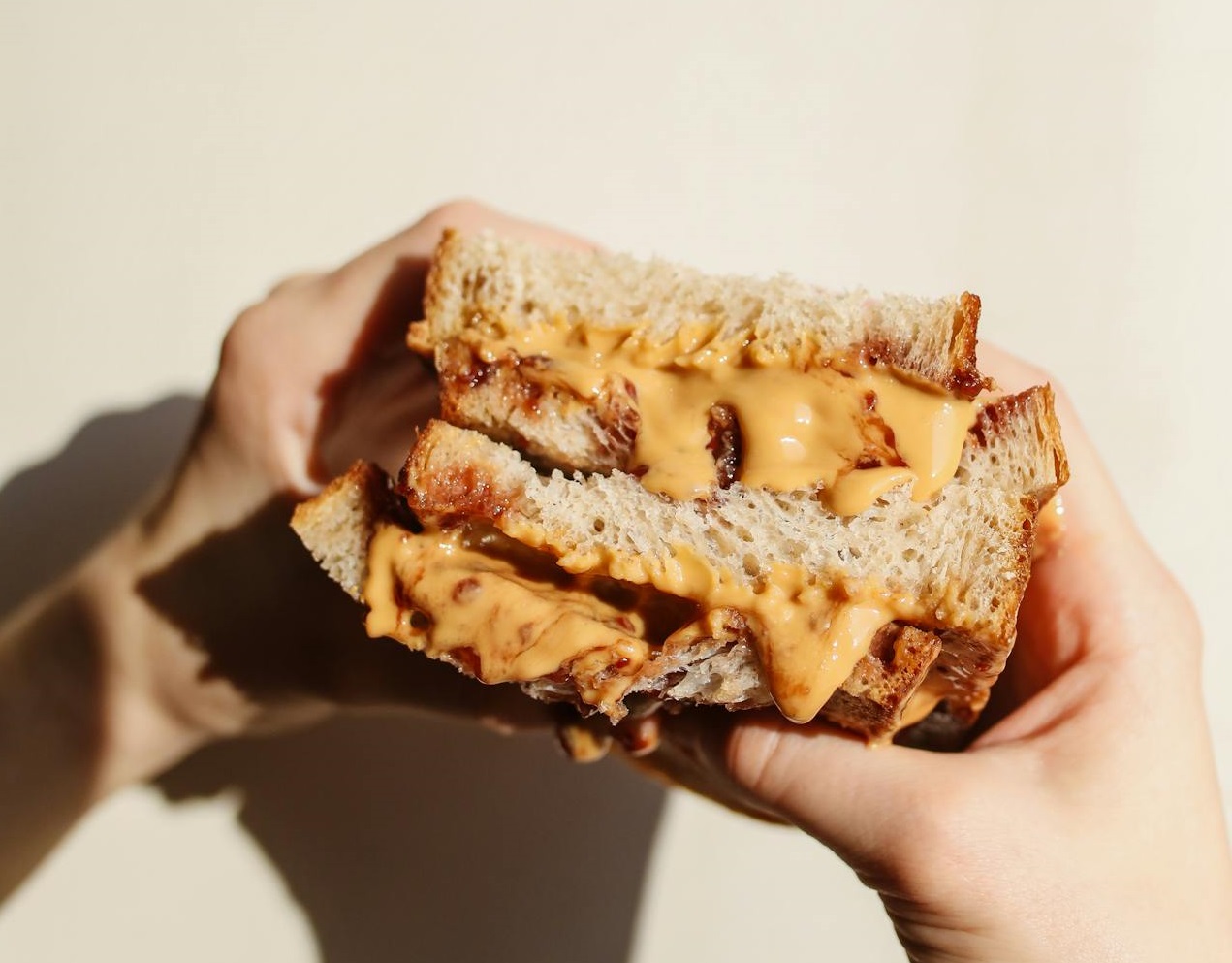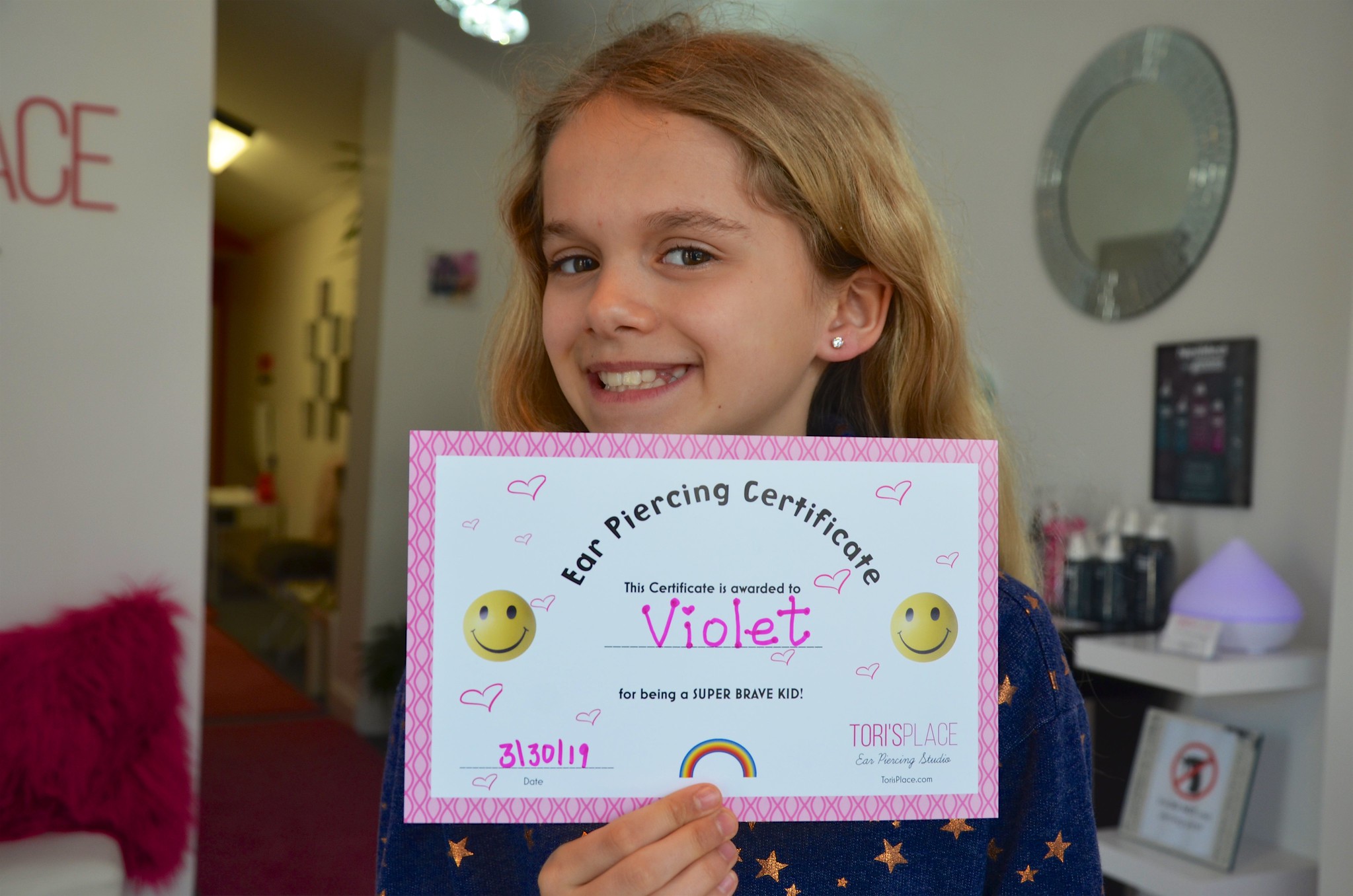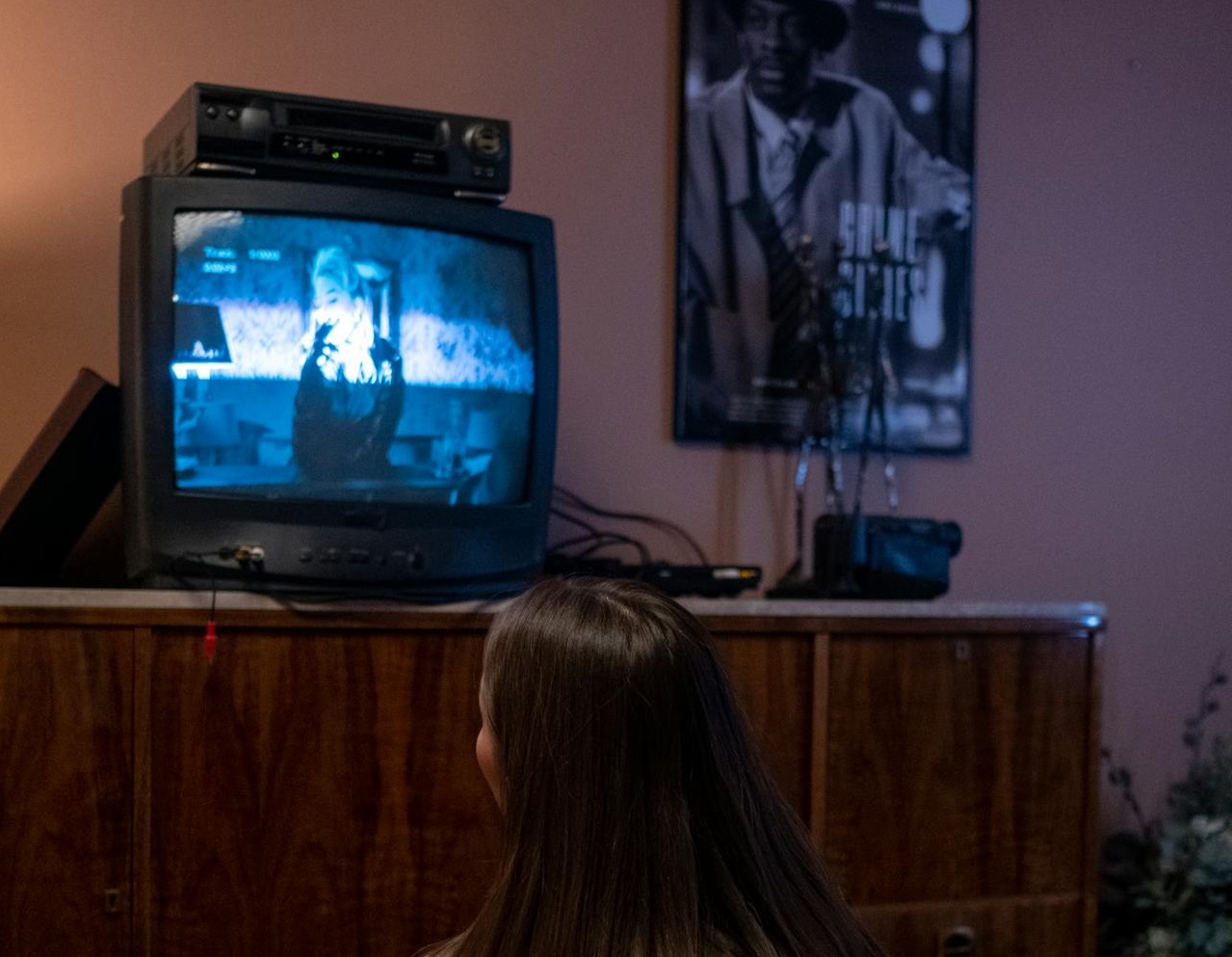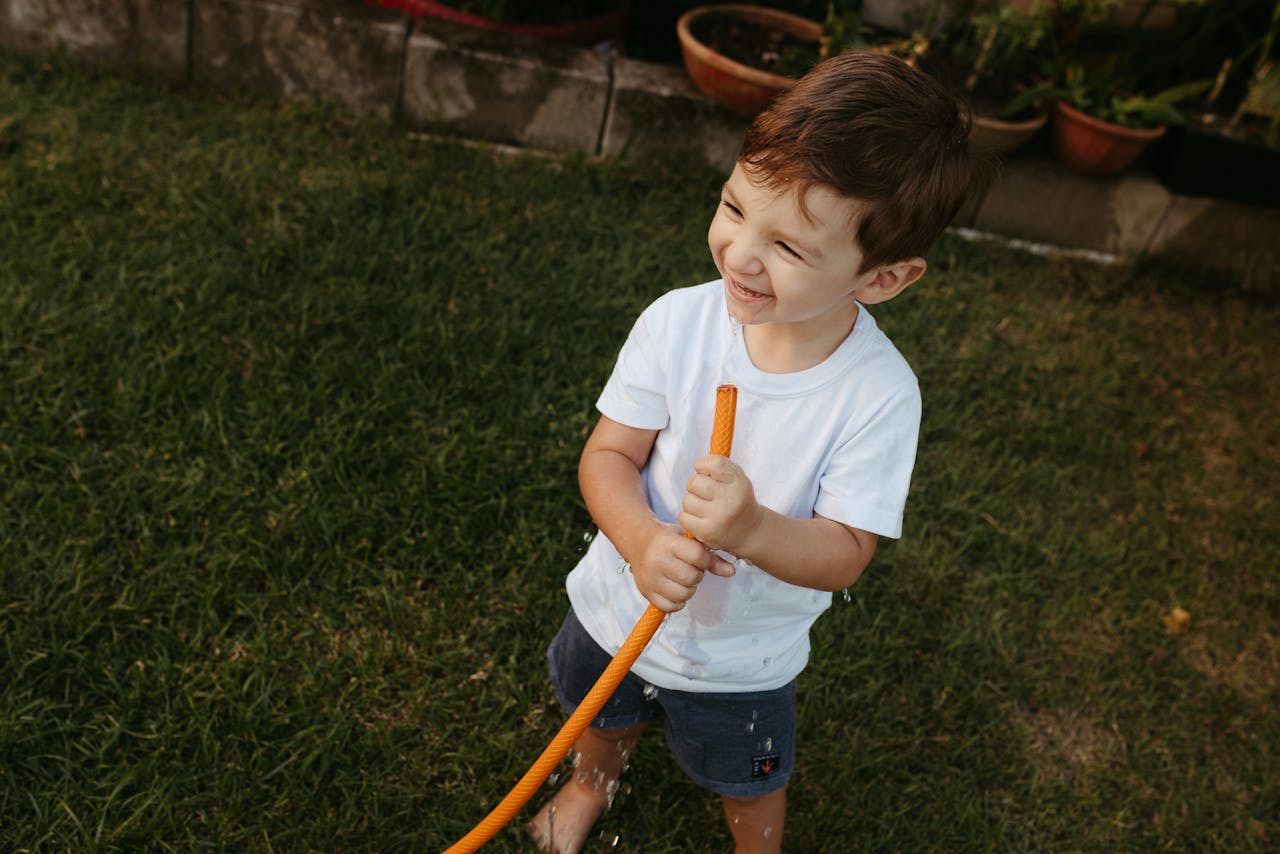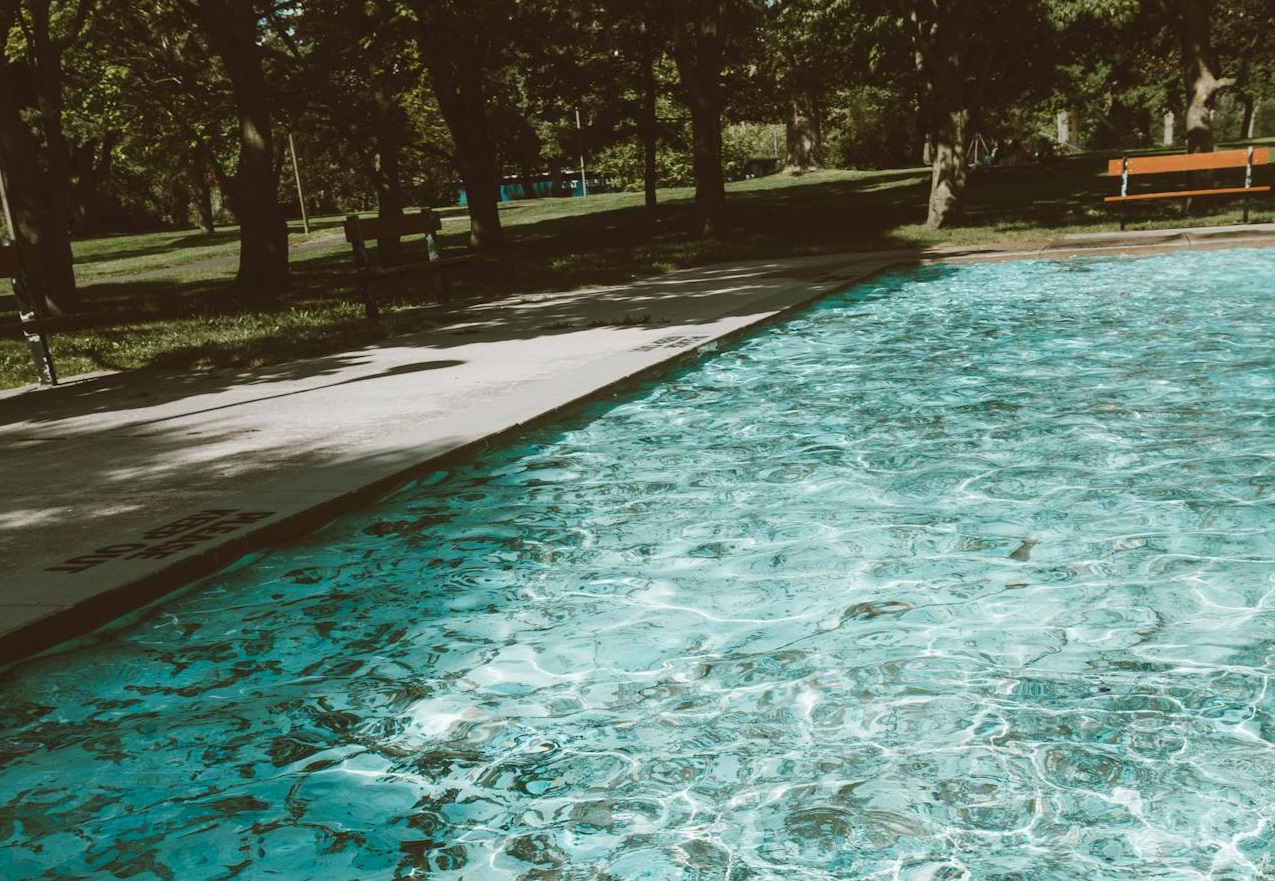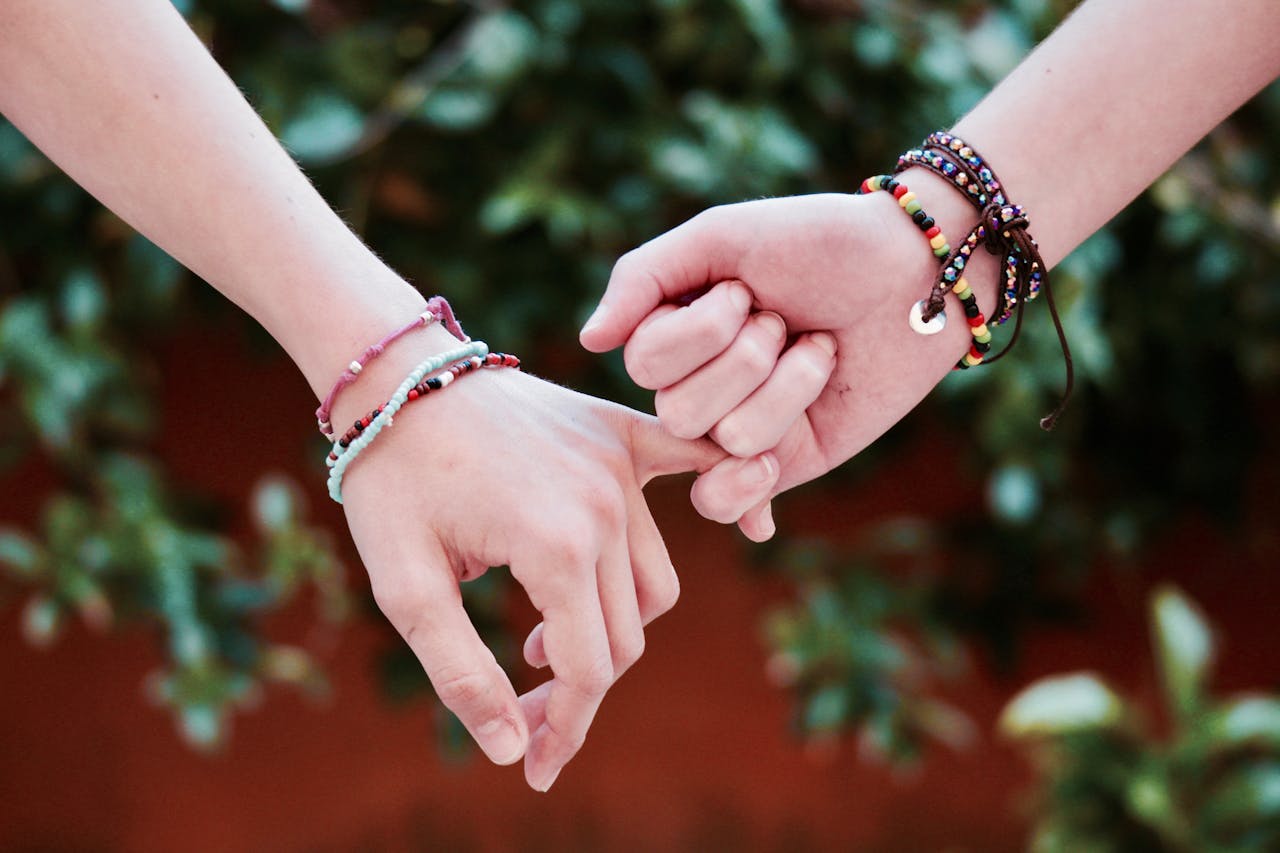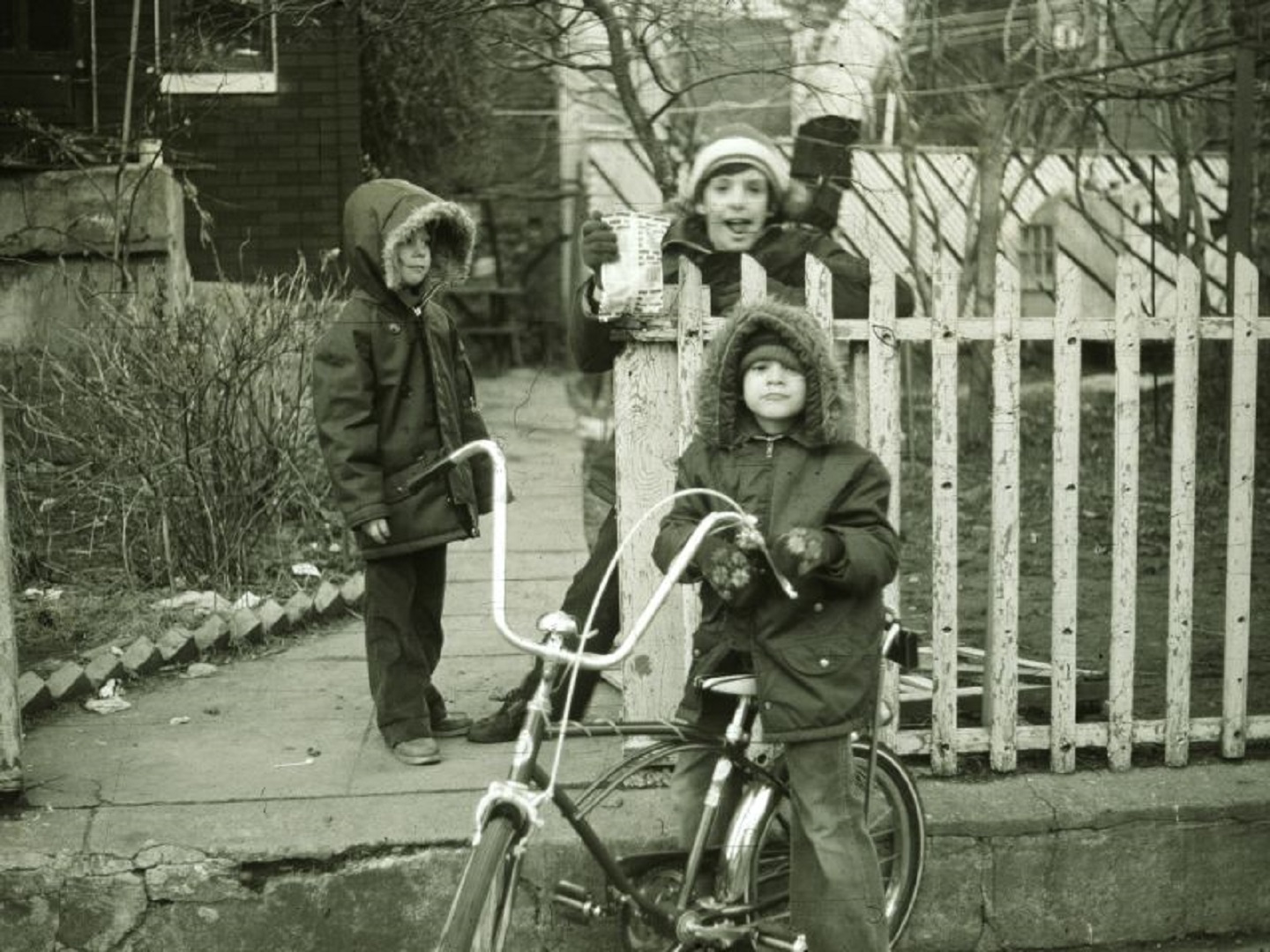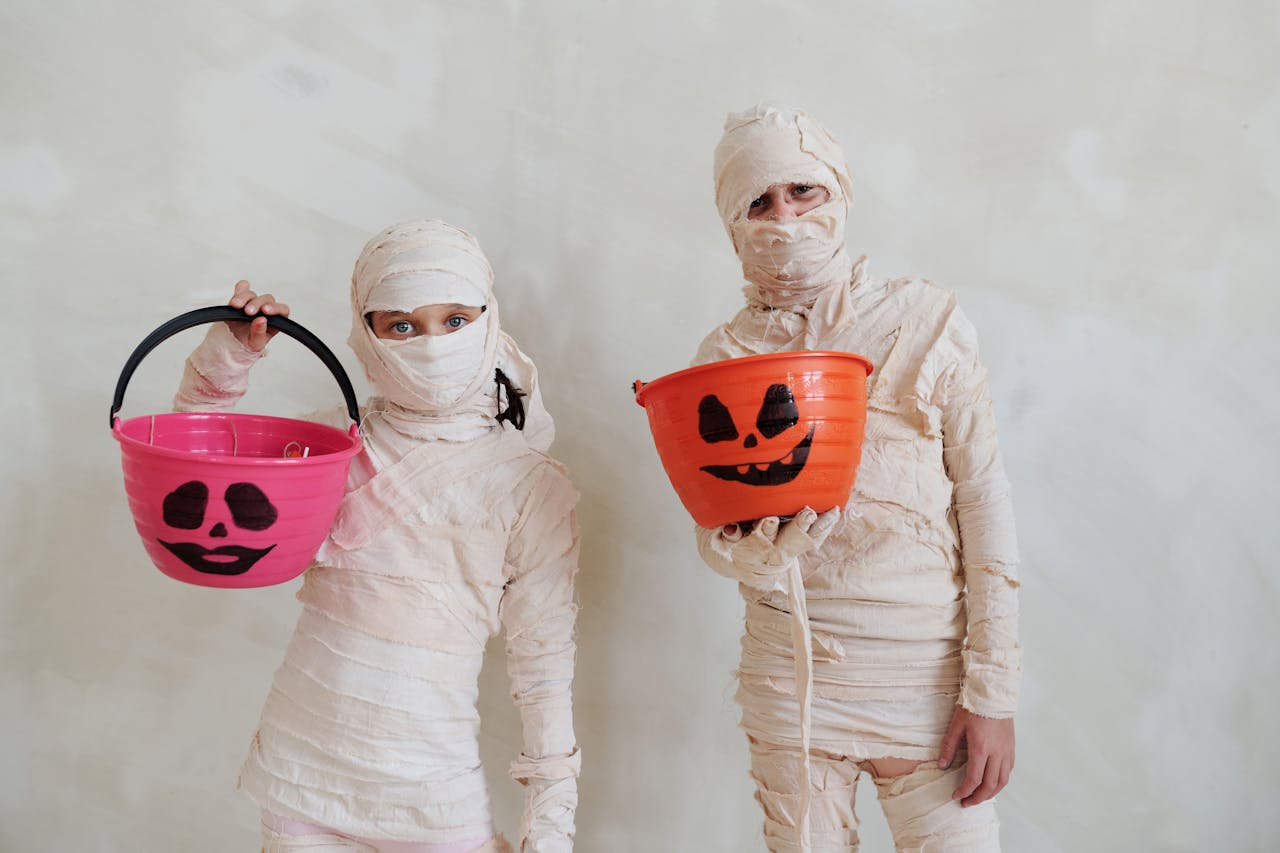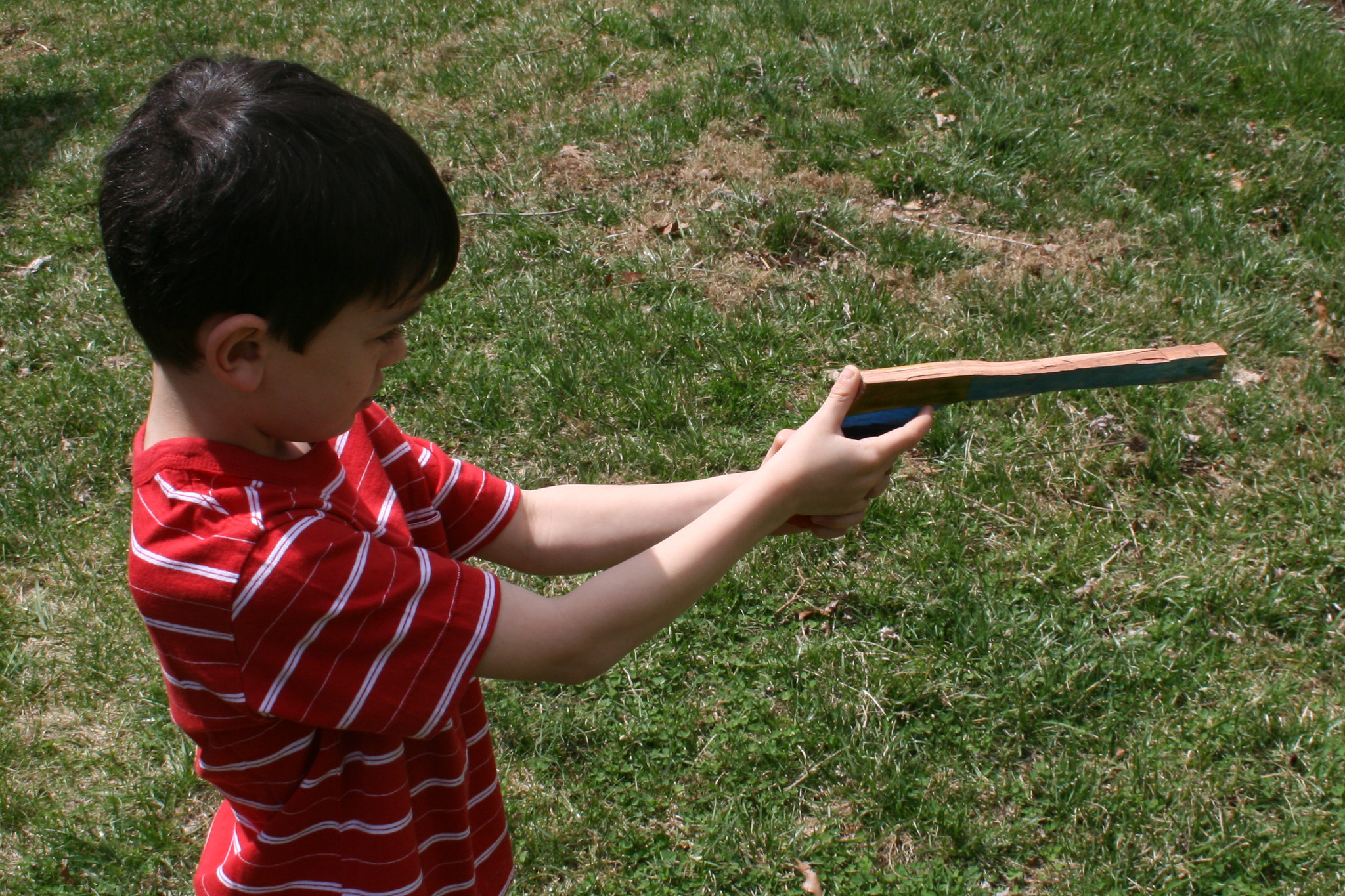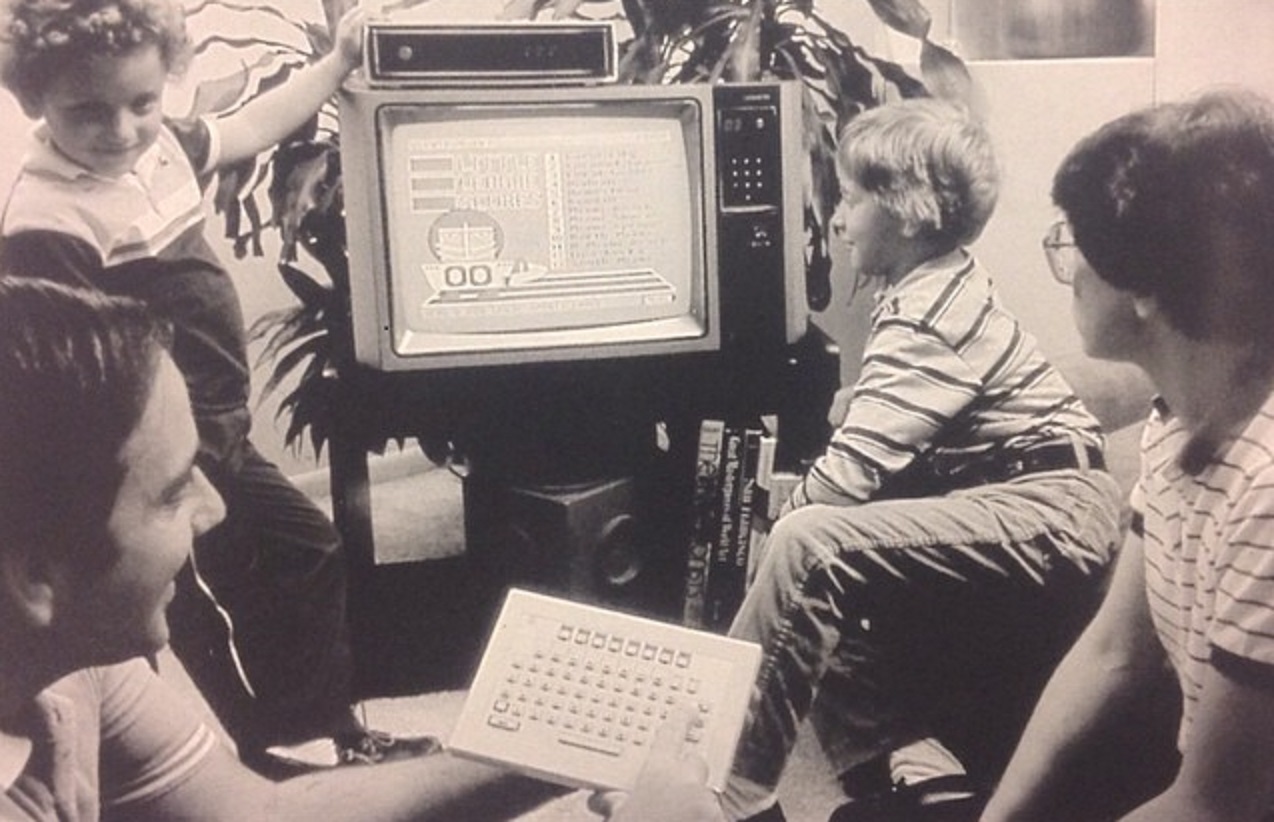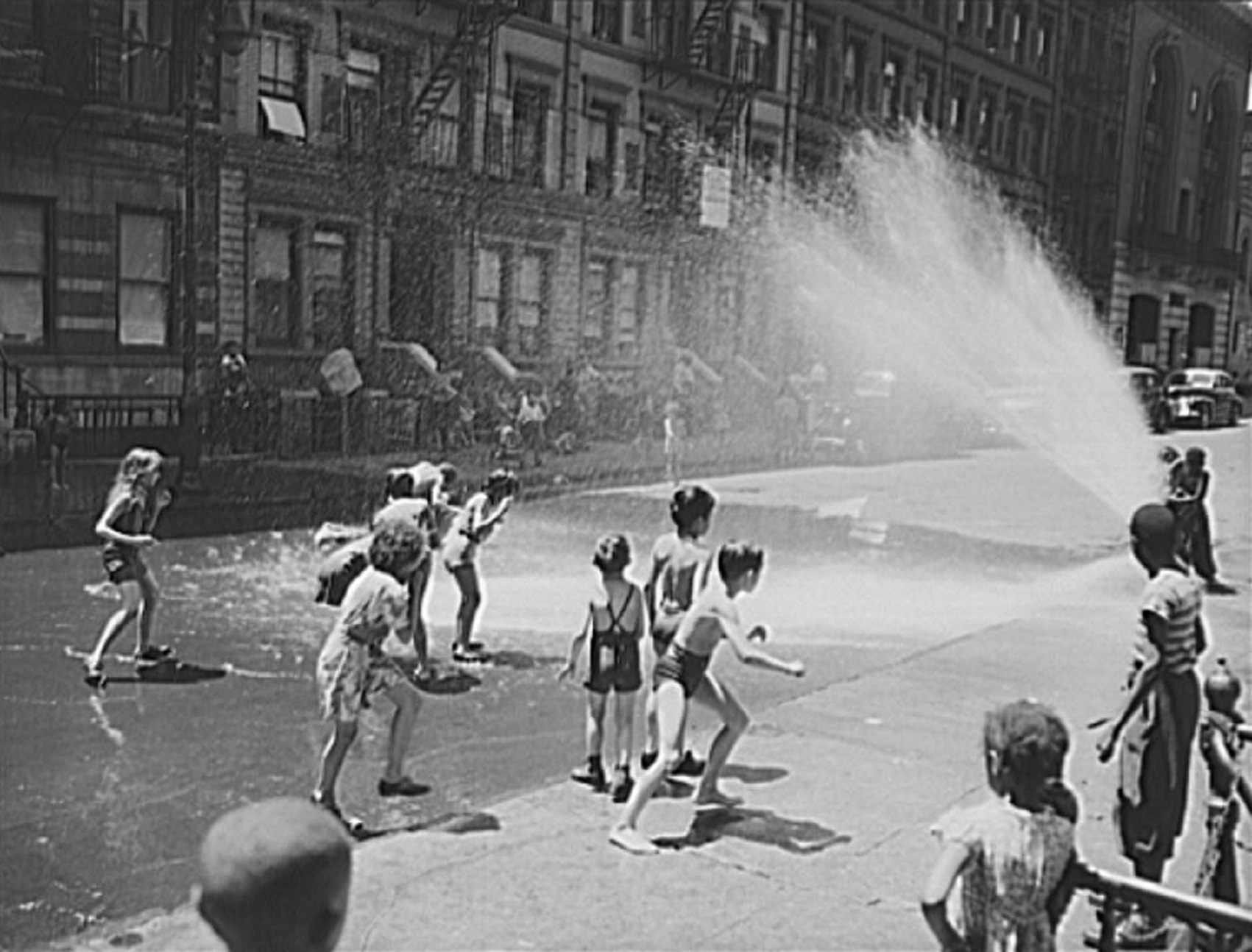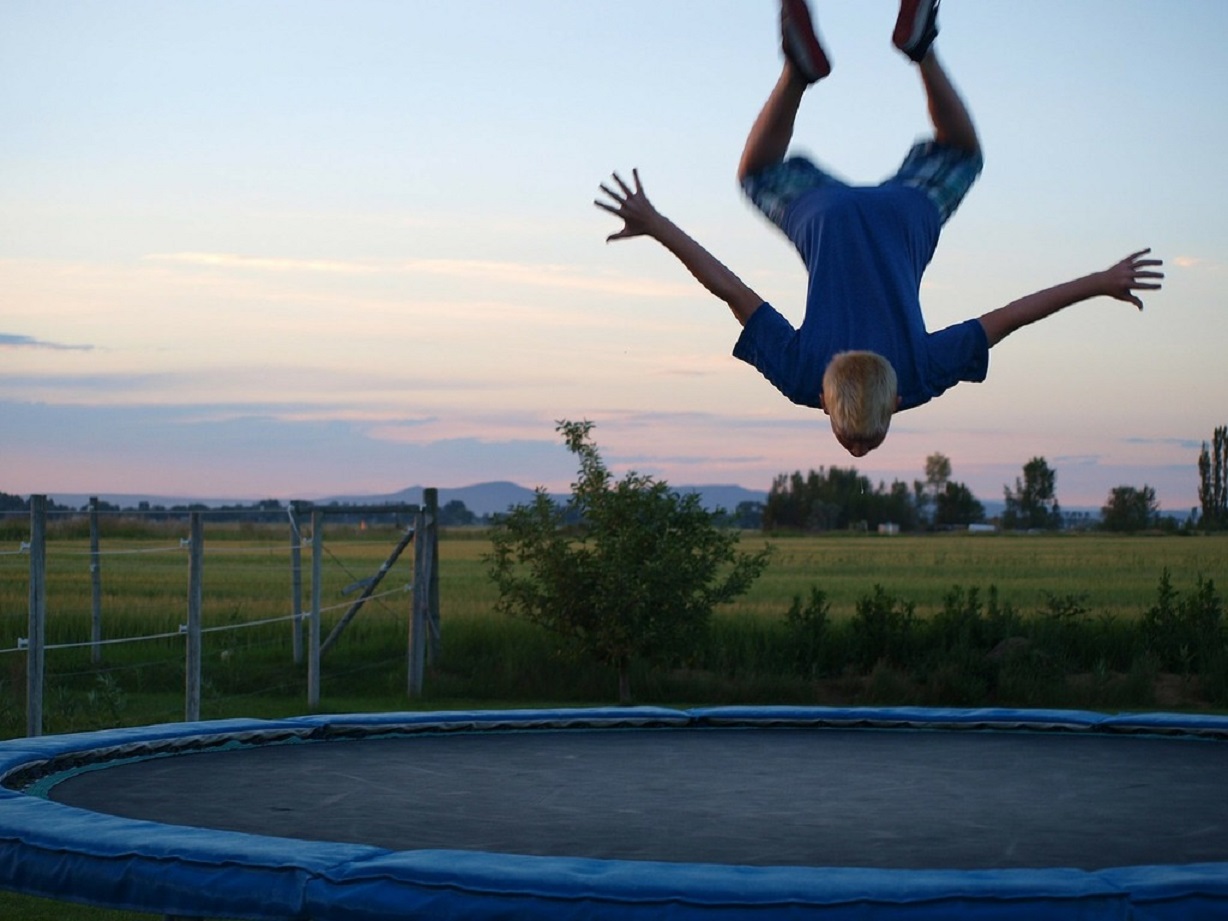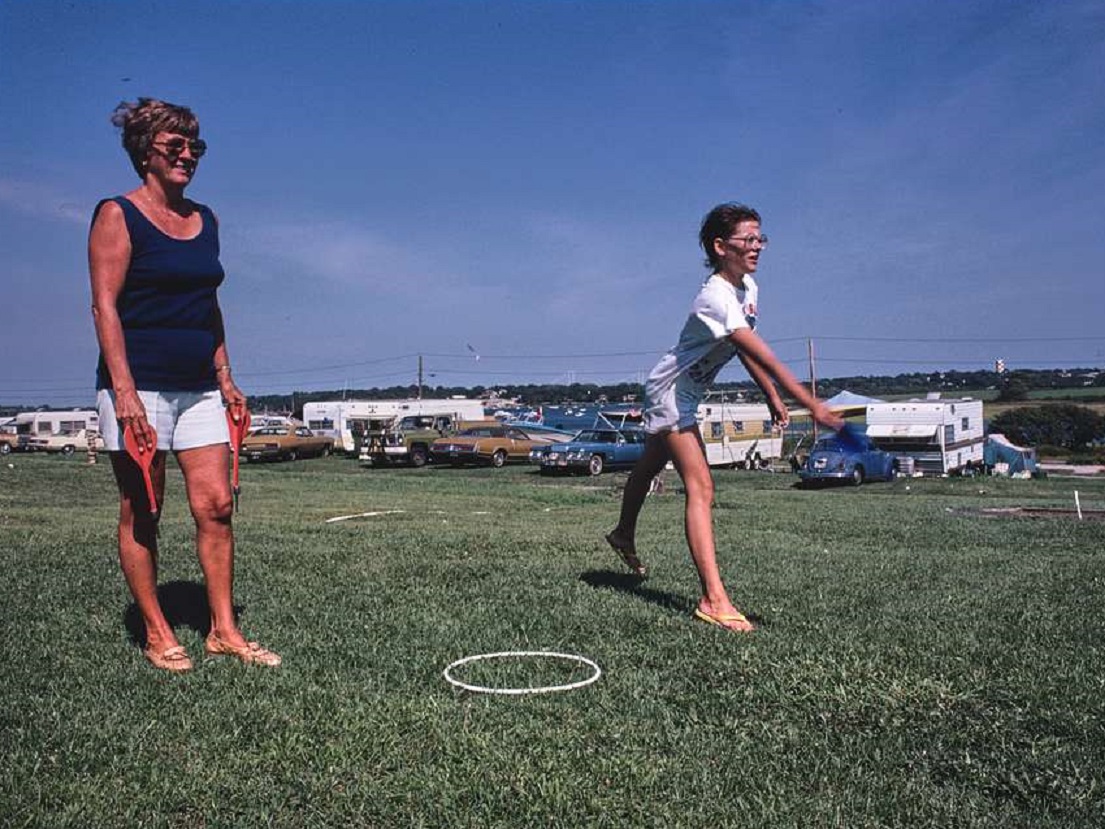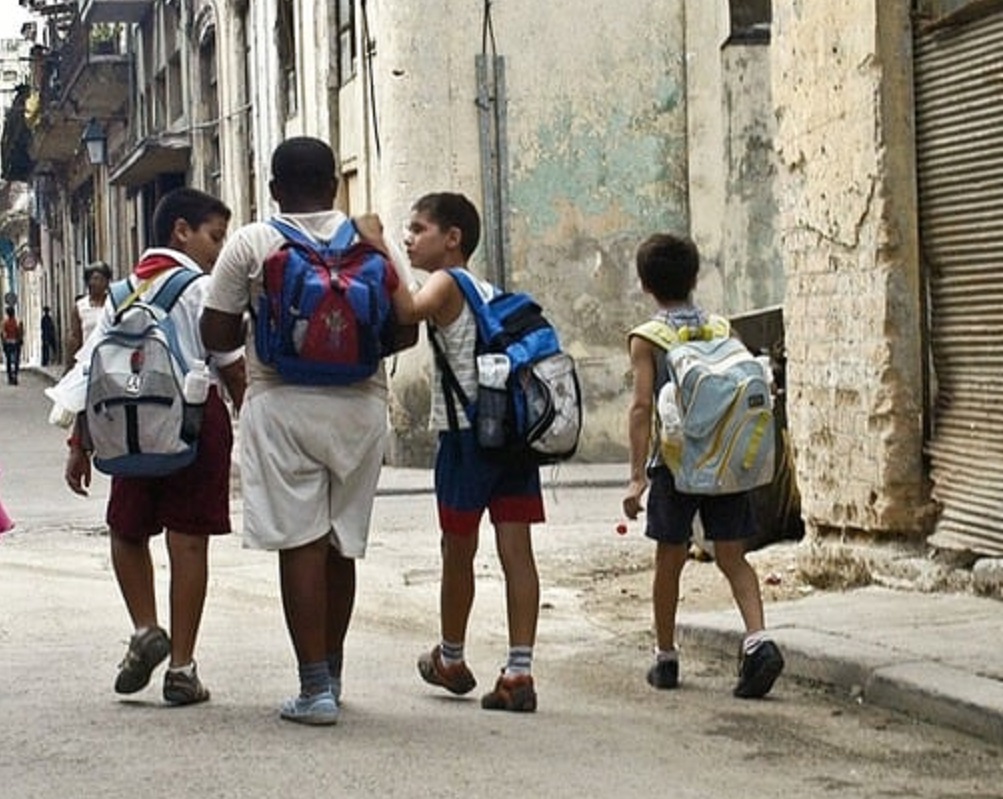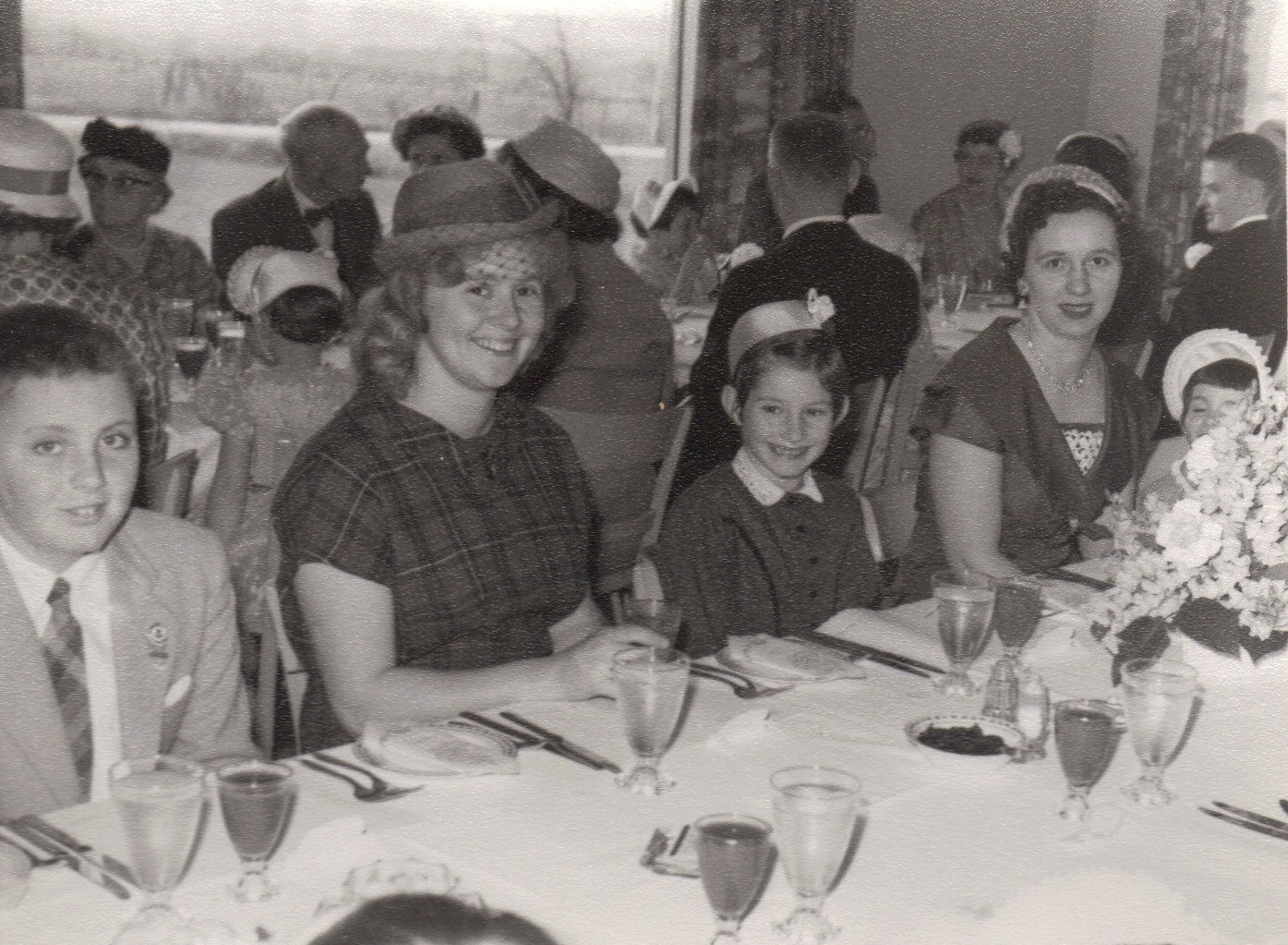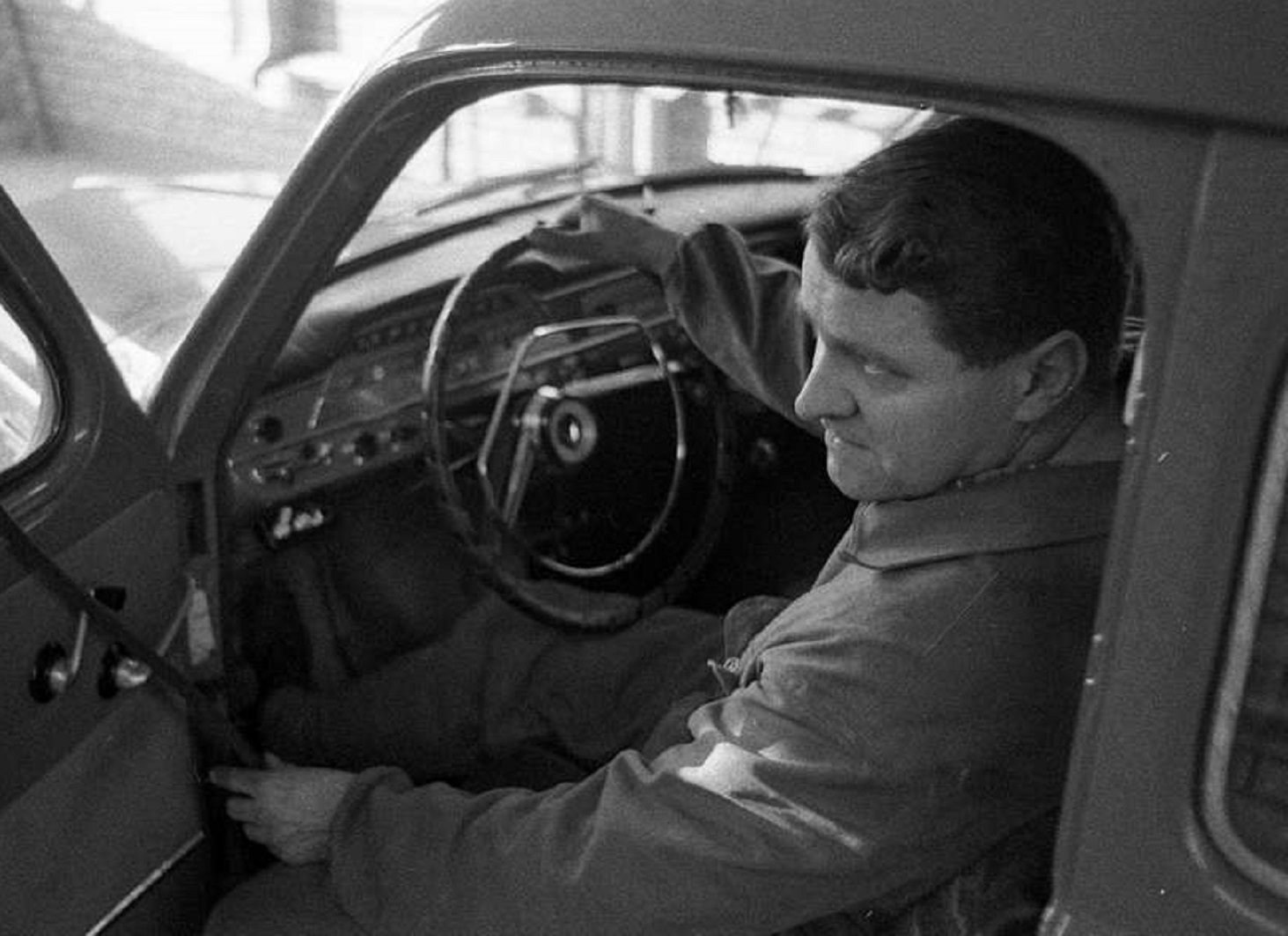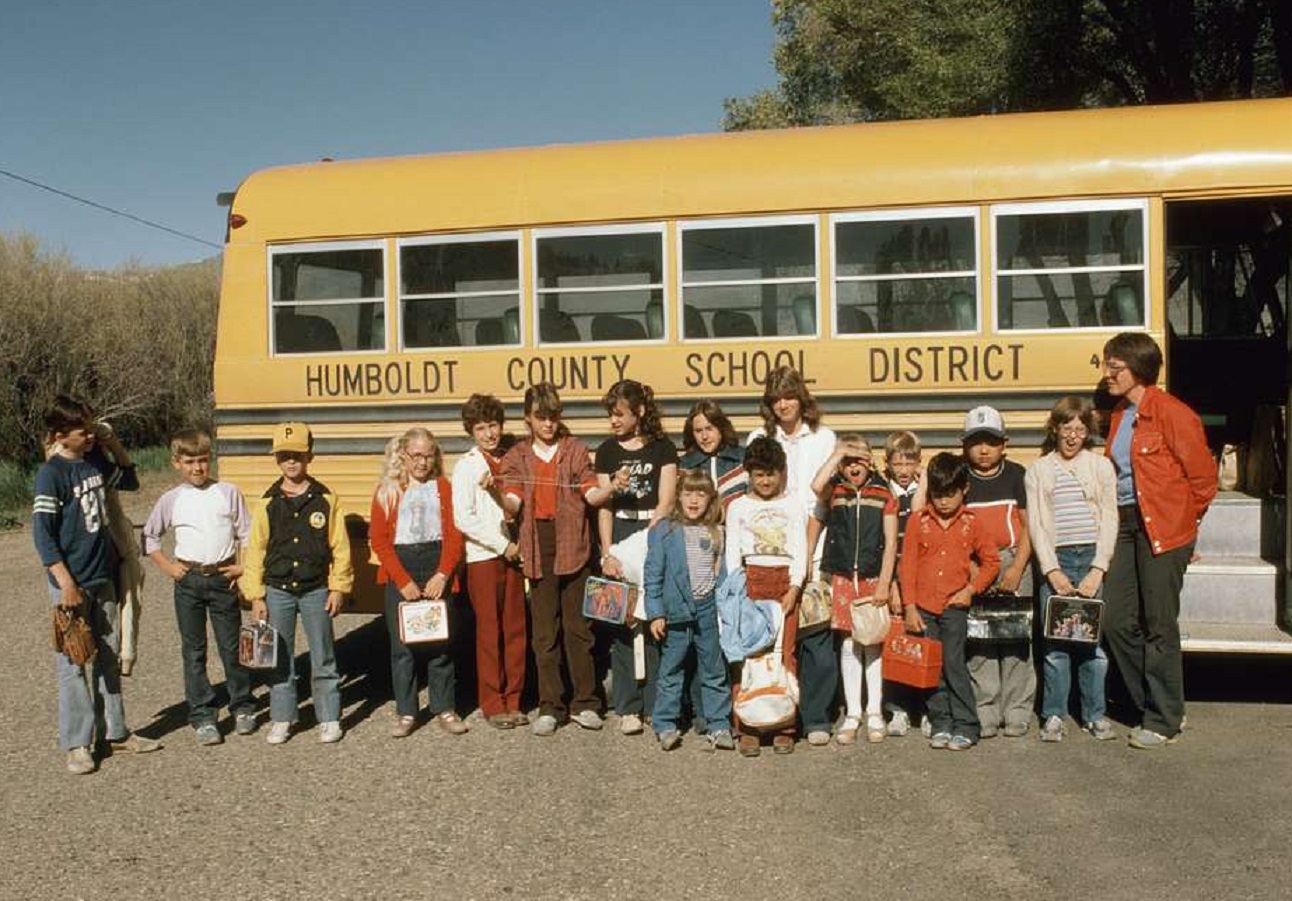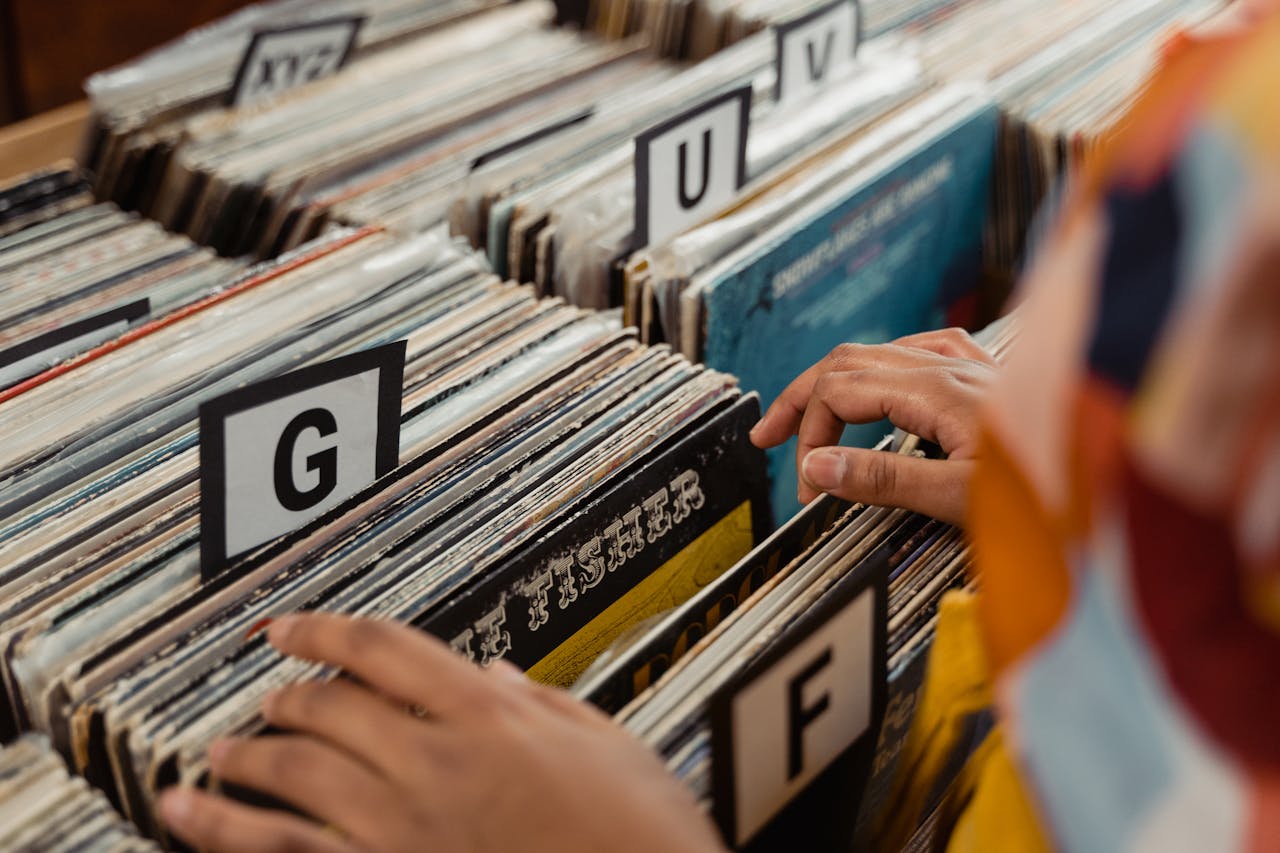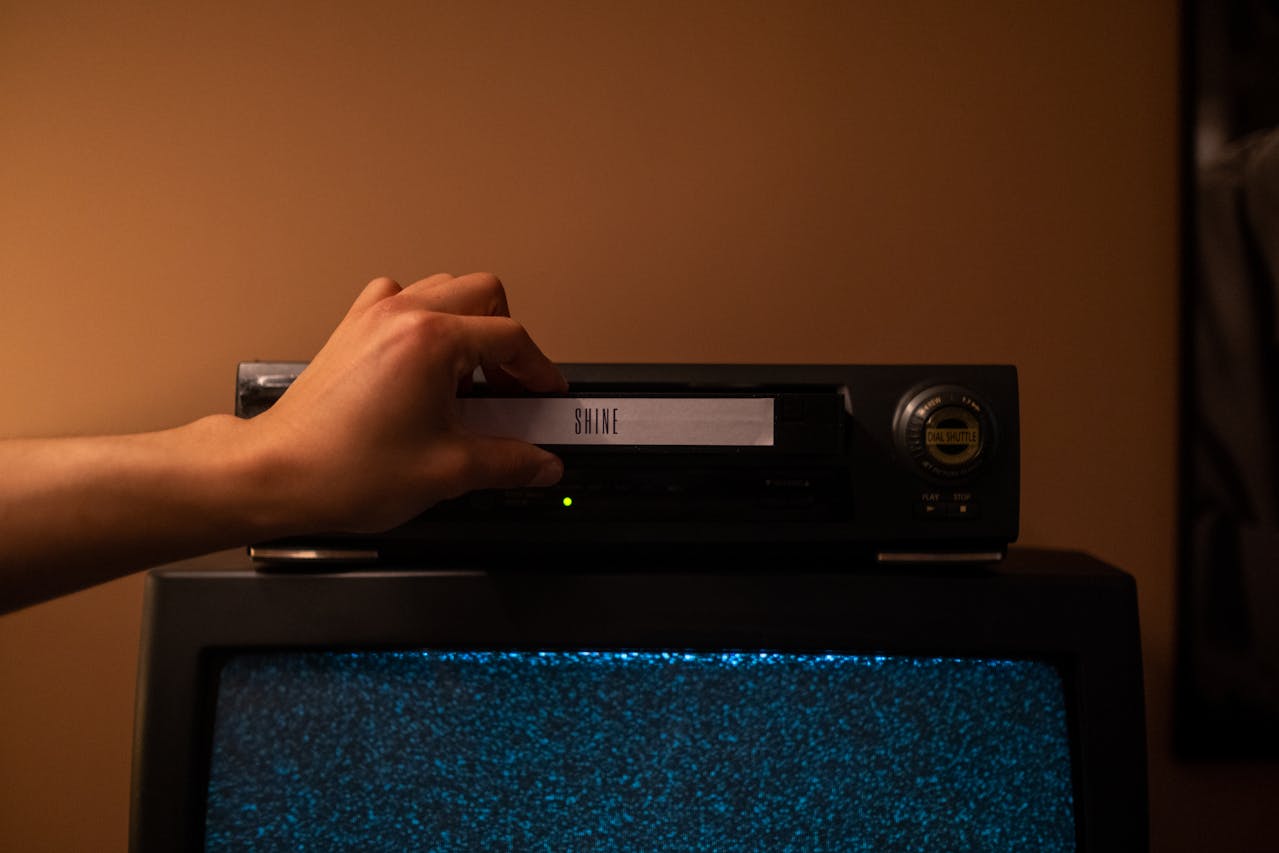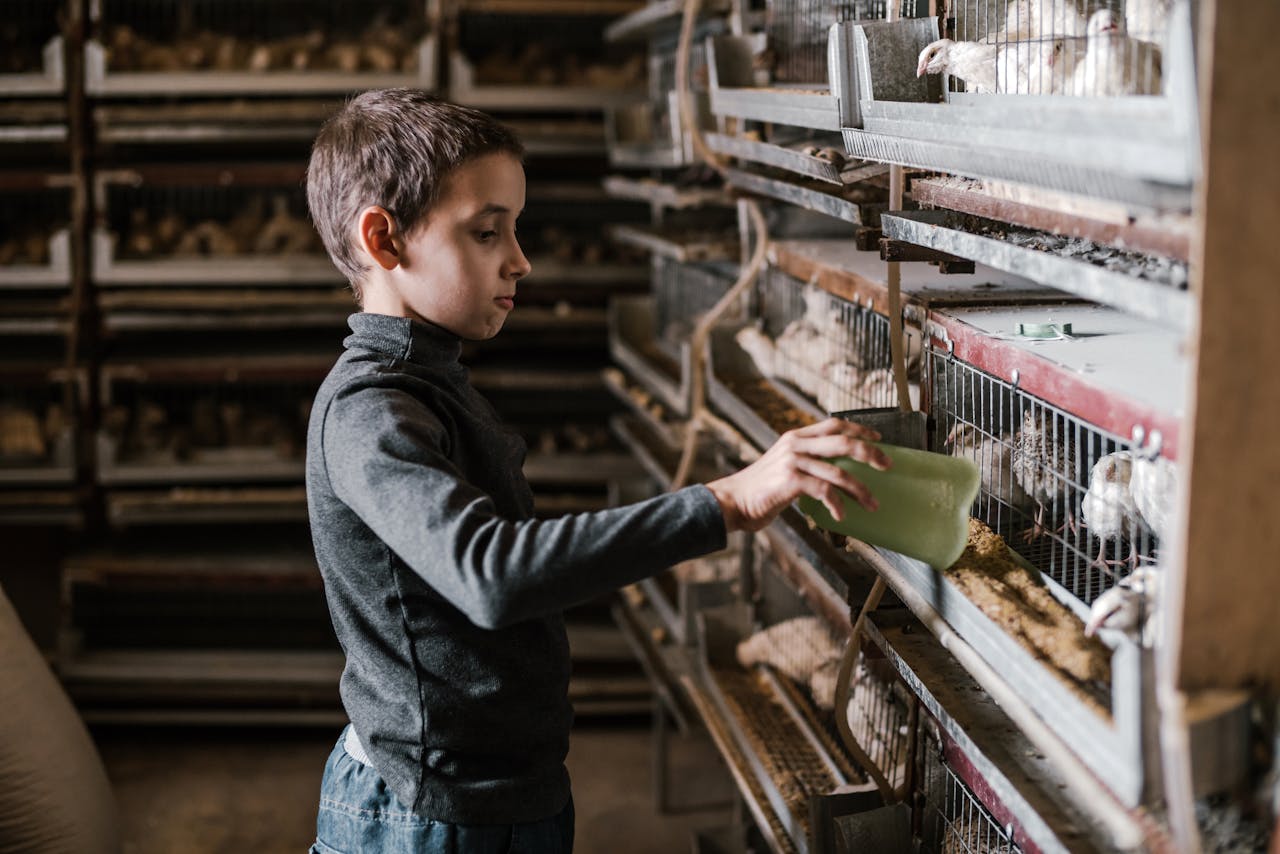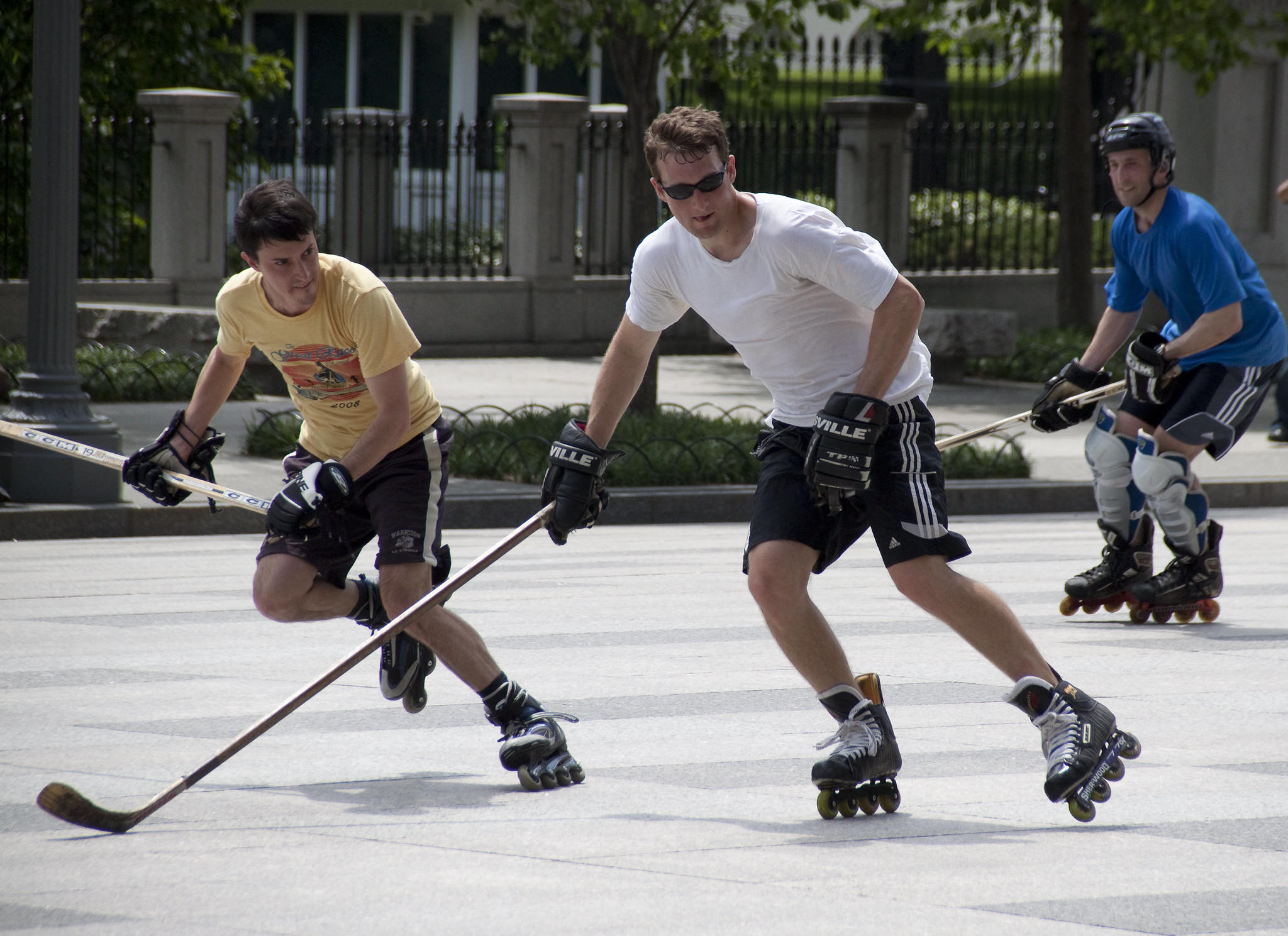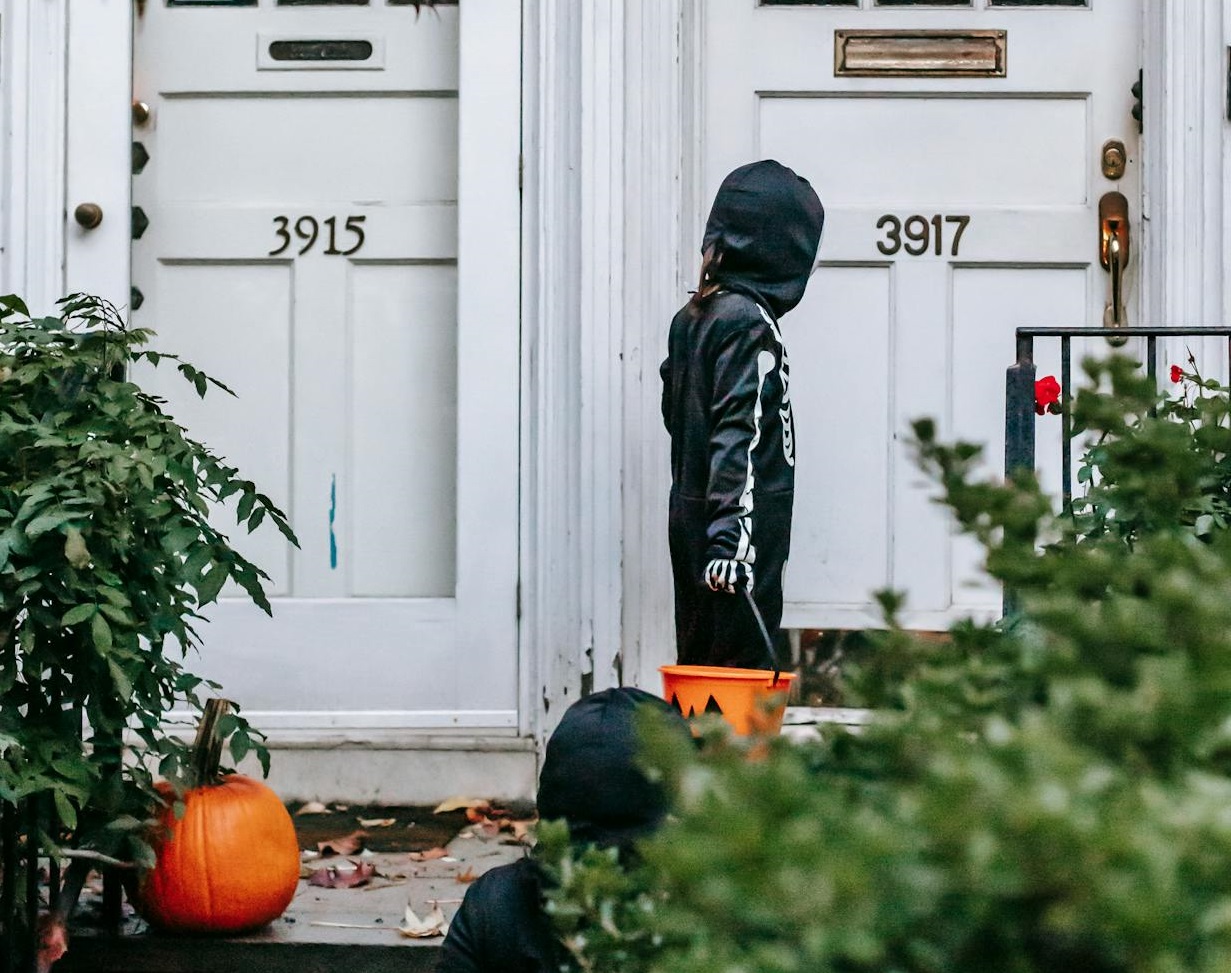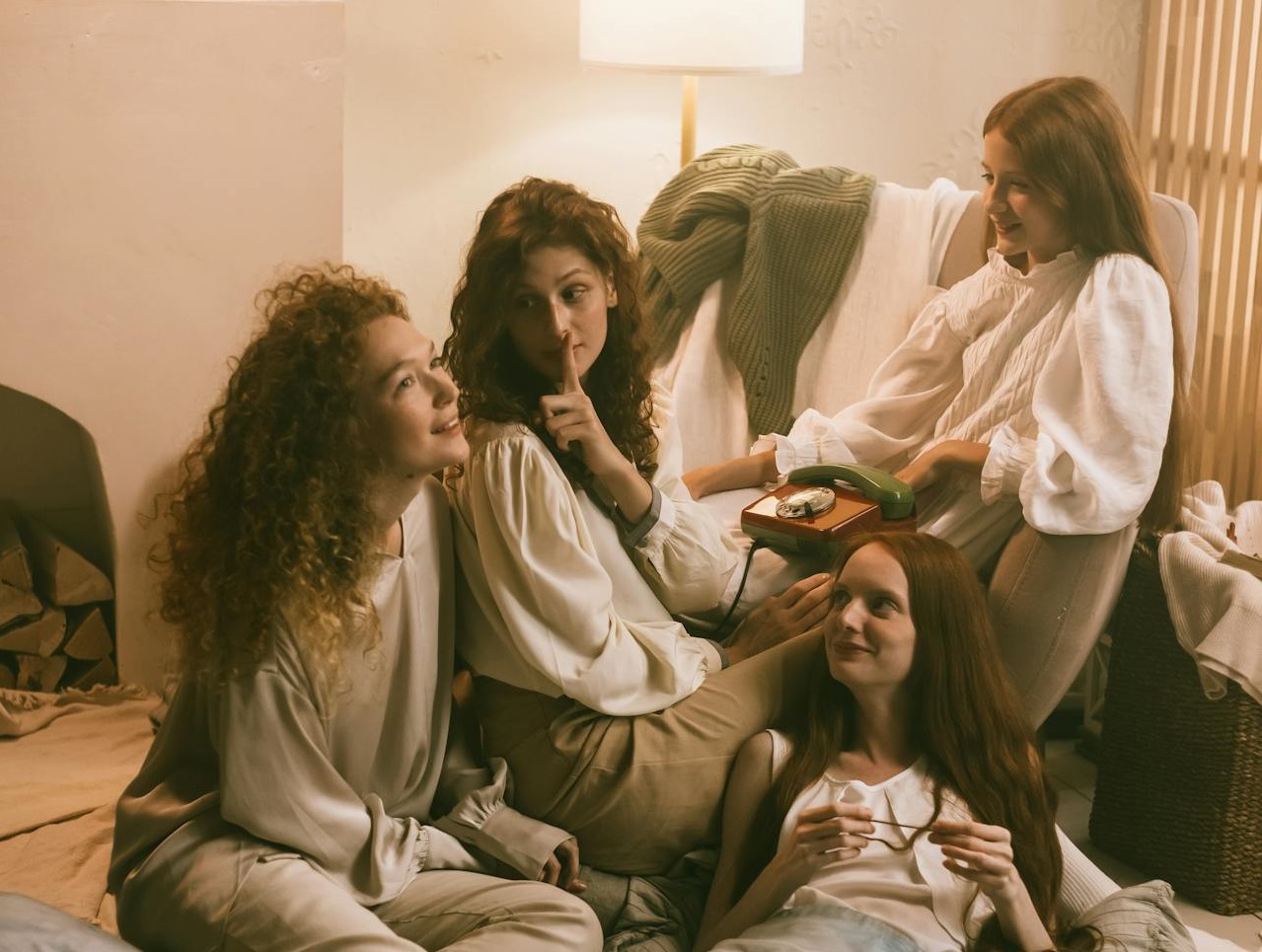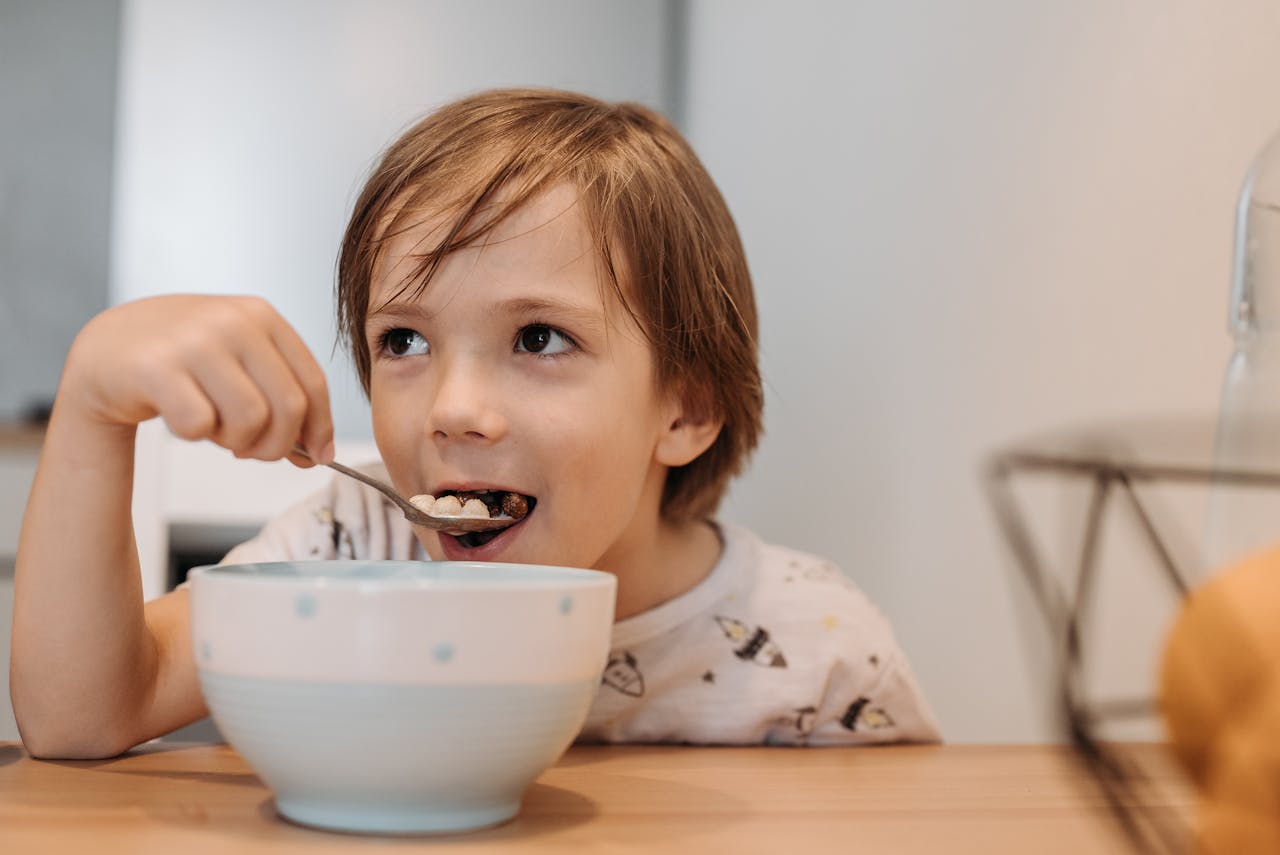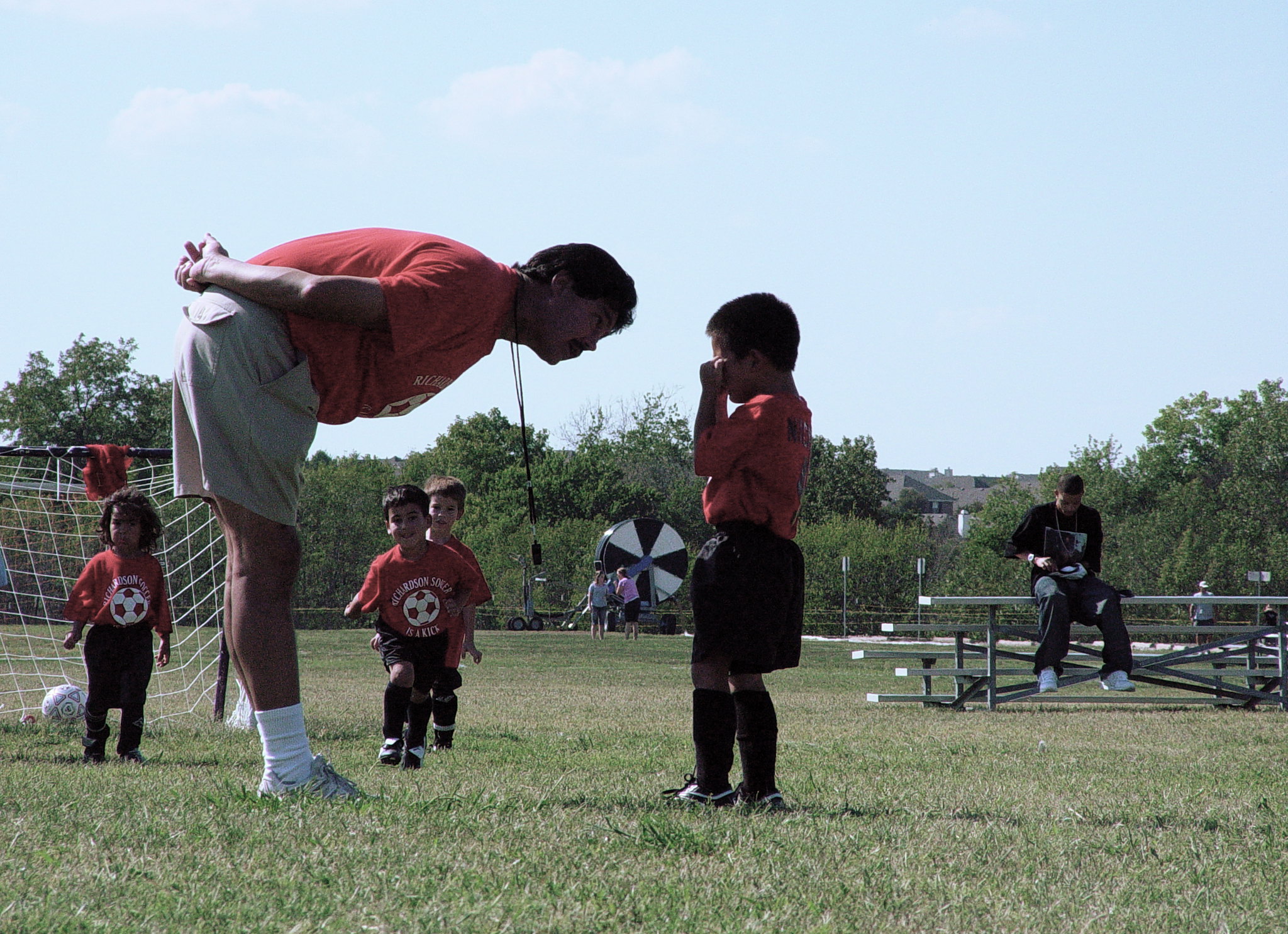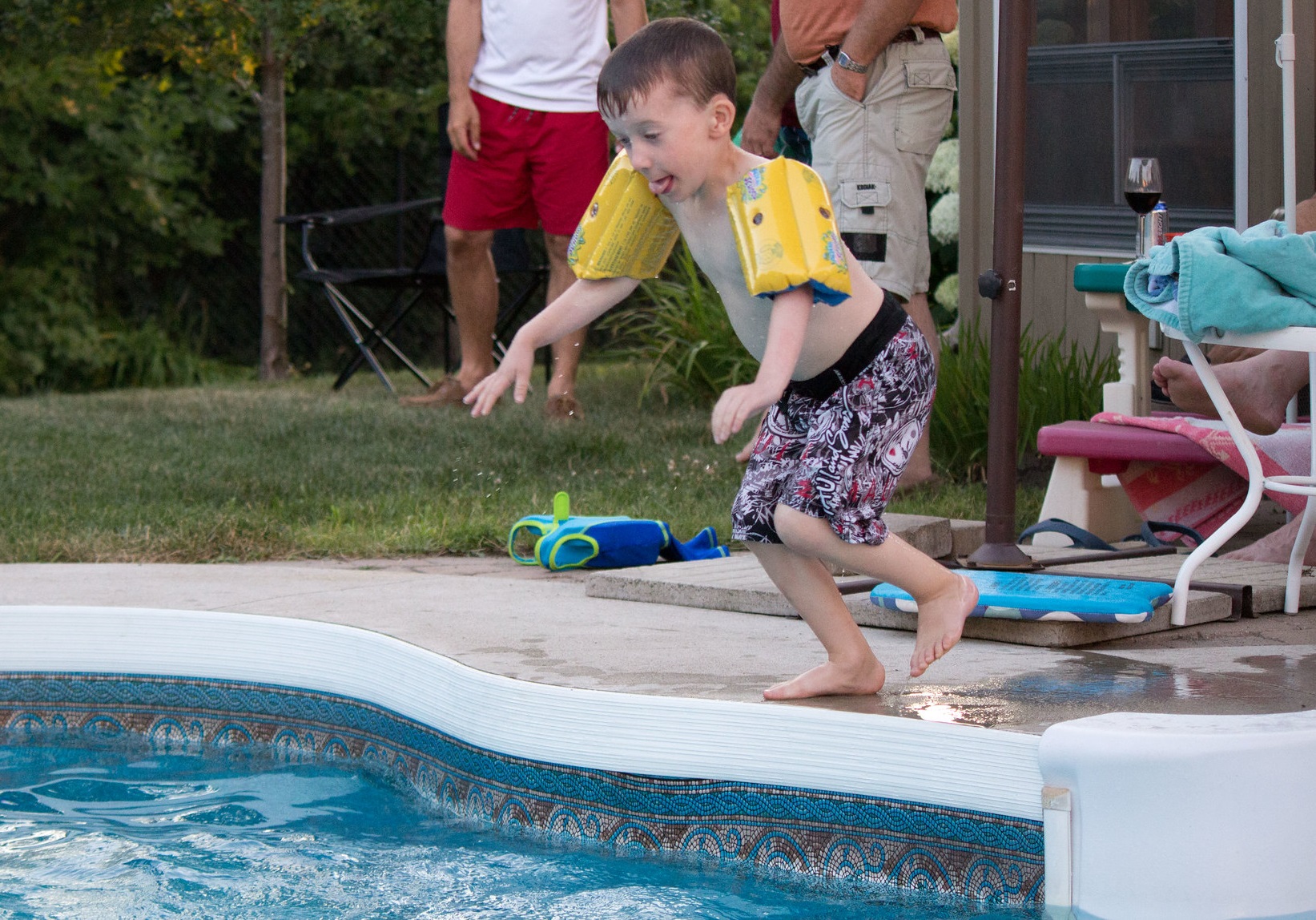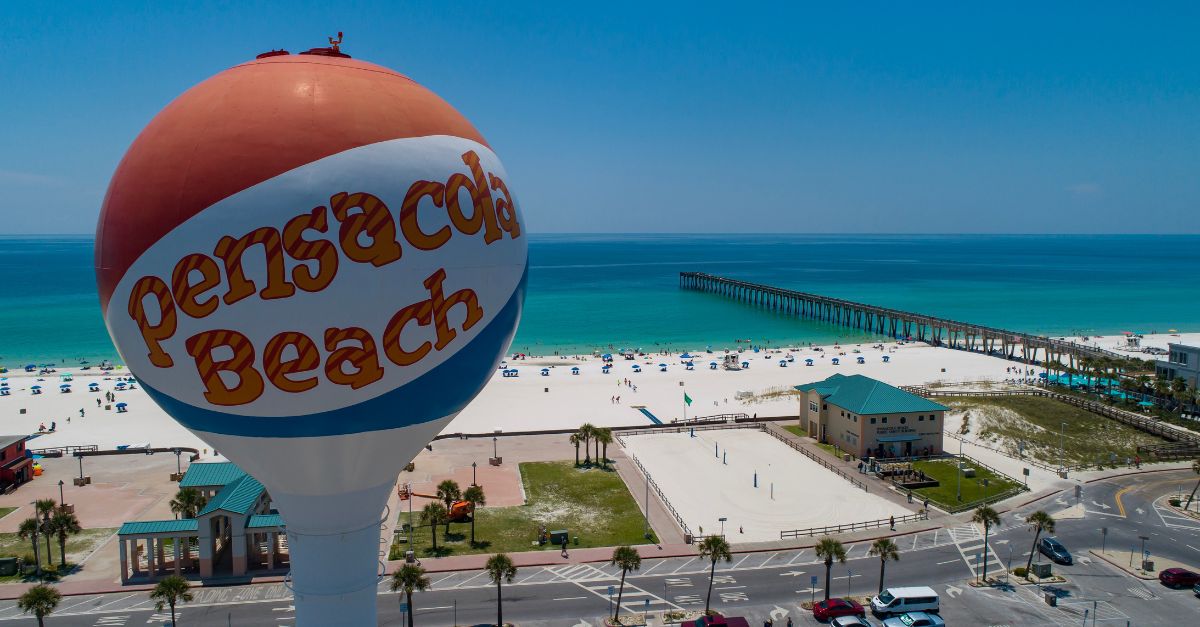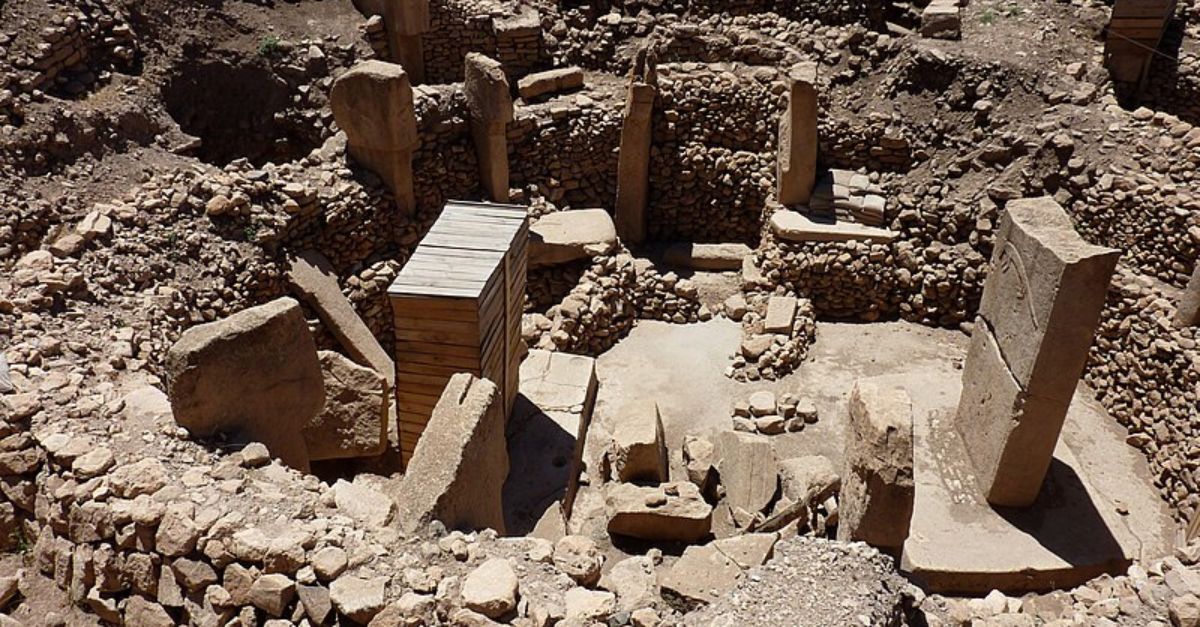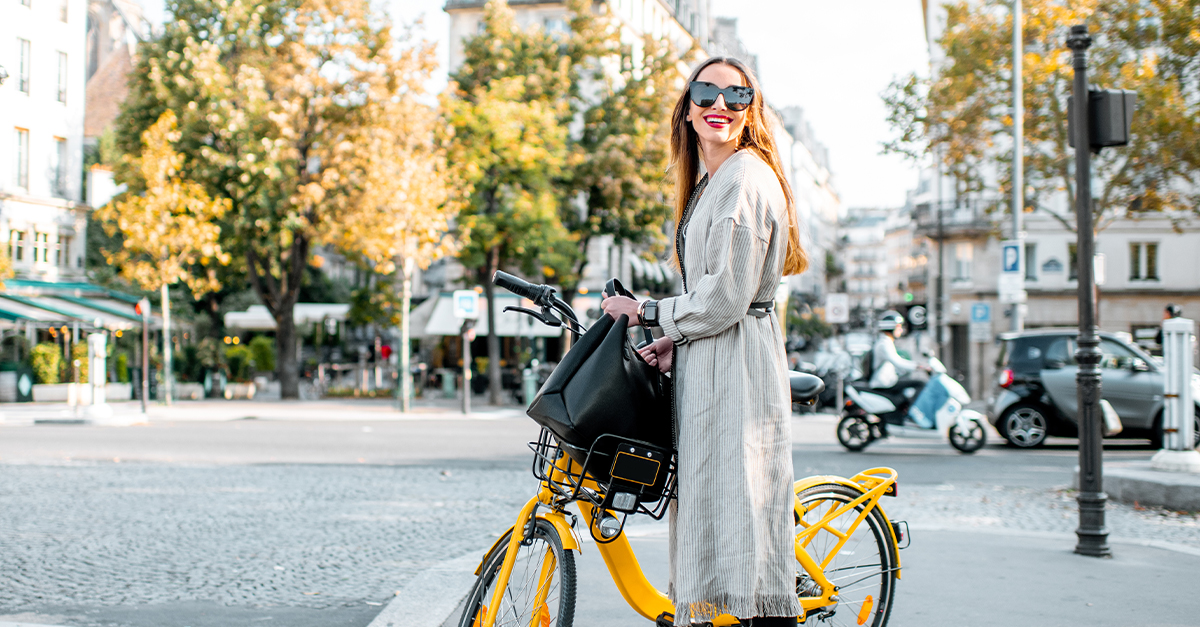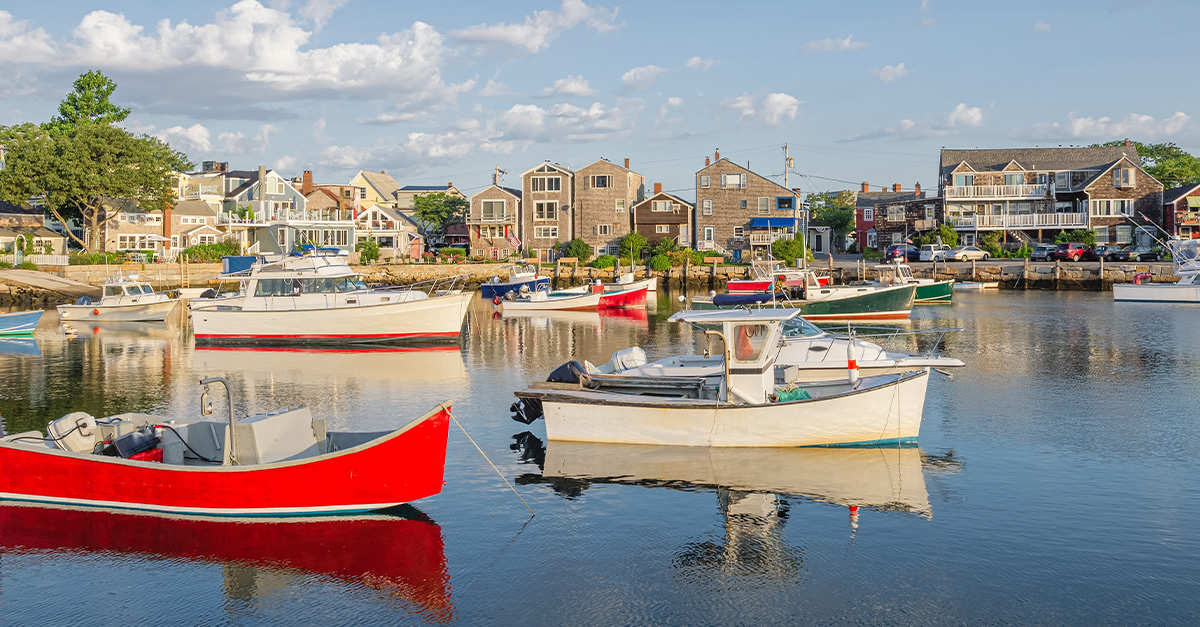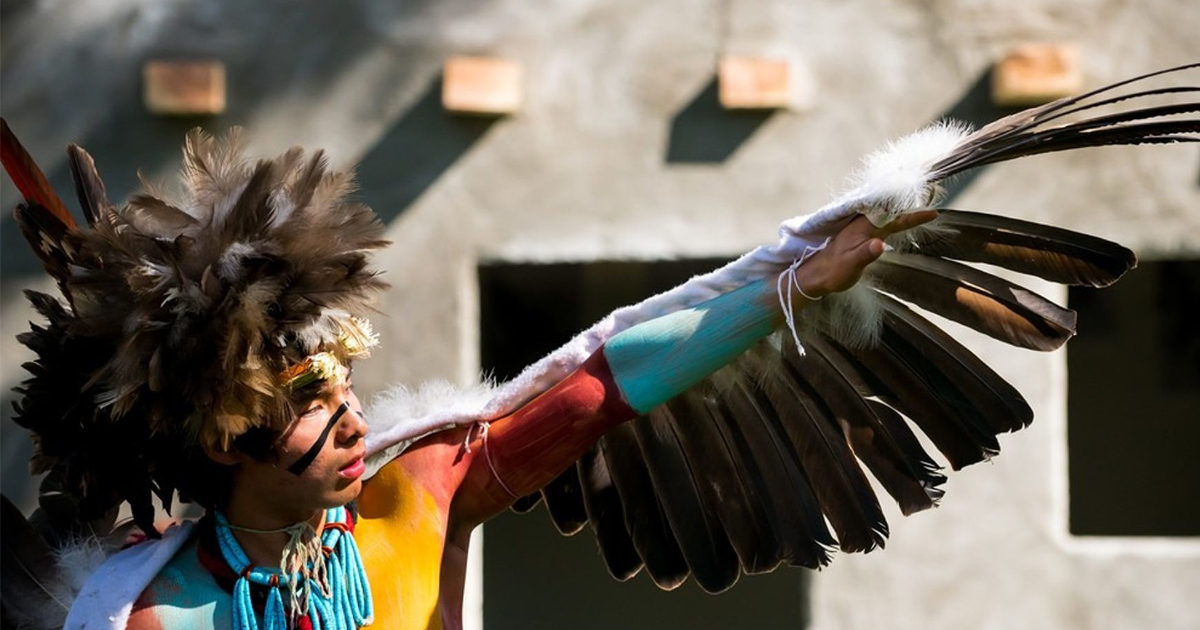The Times Are Changing
Things are a lot different now than when we were growing up—and it shows in the way that kids behave. There are some things that kids used to do that would completely horrify today’s parents.
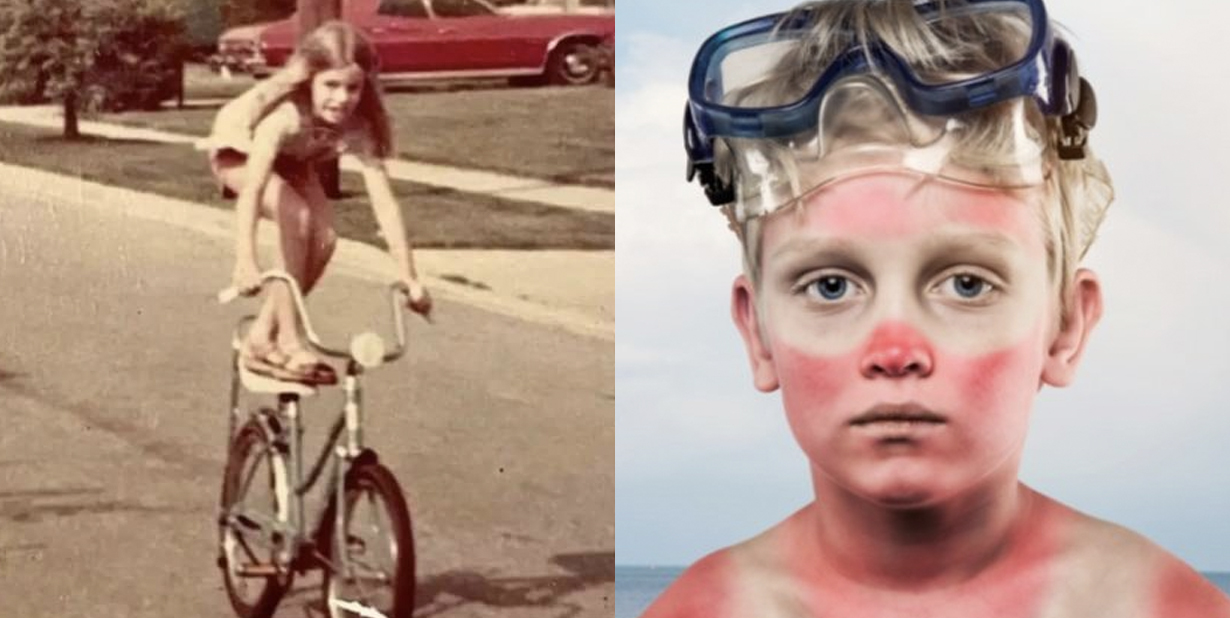
No Adult Supervision
Especially during the baby boomer generation, it wasn’t uncommon to see unsupervised groups of kids playing in the streets and parks for hours and hours—even after dark. Now, there’s usually at least one parents if not more monitoring every kid’s move.
No Bicycle Helmets
When it was time to get on your bike and go somewhere, you didn’t need locks, lights, or helmets—you just got on and used your own two feet and nothing else. In 1987, US states began to enact laws to make helmet-wearing mandatory for adults and children.
And it’s no wonder—in most cyclist deaths, the cause is head injury.
After School Jobs
It was common in the baby boomer generation and a few others that followed to have a job outside of school hours, either for personal gain or to help out the family. From paper routes to being a bag boy at the grocery store, kids worked—whereas today, parents are more concerned with schoolwork and extracurriculars.
No Internet Safety
When home computers and internet first became common, many kids went “surfing the internet” completely unfettered and unsupervised. As a result, many of them were exposed to some pretty dicey content. In 1995, the first version of “Net Nanny” came about, and scary news stories about creeps got parents to start monitoring what their kids were doing on them.
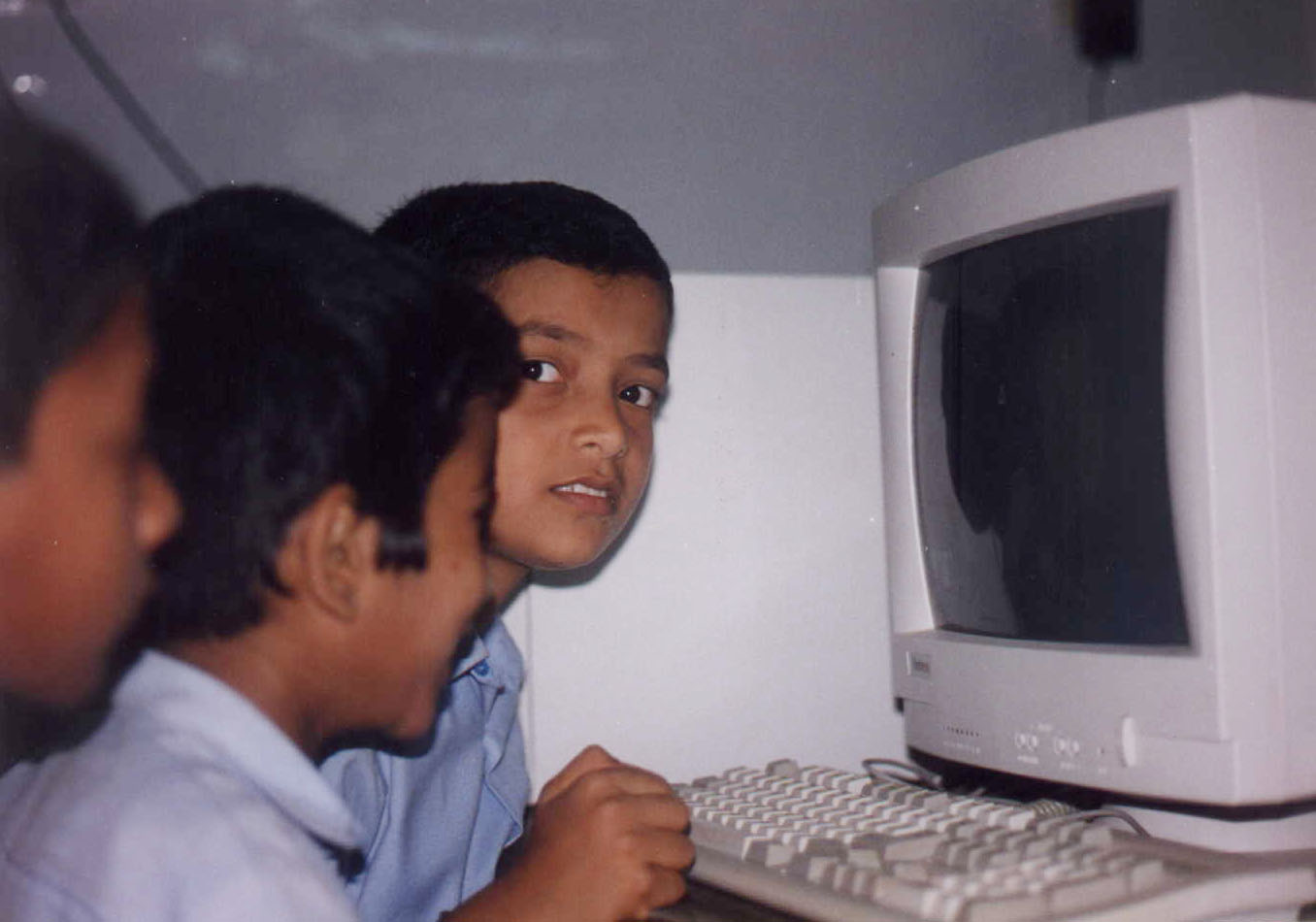 Fredericknoronha., CC BY-SA 3.0, Wikimedia Commons
Fredericknoronha., CC BY-SA 3.0, Wikimedia Commons
Not Wearing Sunscreen
The risks surrounding unprotected skin in the sun weren’t well-known, and high SPF sunscreens have really only become a thing in the past couple of decades. Who else remembers wiggling out of their parents grip when they tried to apply sunscreen—if they tried—as a kid?
Clothing As SPF
Instead of applying sticky, stinky sunscreen, many parents would instead just throw a white t-shirt on a kid before they went to the beach or went swimming in a lake—resulting in one heck of a farmer’s tan.
Peanut Butter Sandwiches For Lunch
Peanut butter sandwiches were a lunchtime staple at school—so easy that a kid could handily make them his or herself. However, thanks to the prevalence of peanut allergies, kids today aren’t allowed to bring nut products to school anymore.
Playing Outside After Dark
Usually, the only rules when playing outside were “don’t get into trouble” and “be back for dinner.” But on long summer nights, it was normal to go back outside after dinner and continue playing until dusk, or even after it was dark.
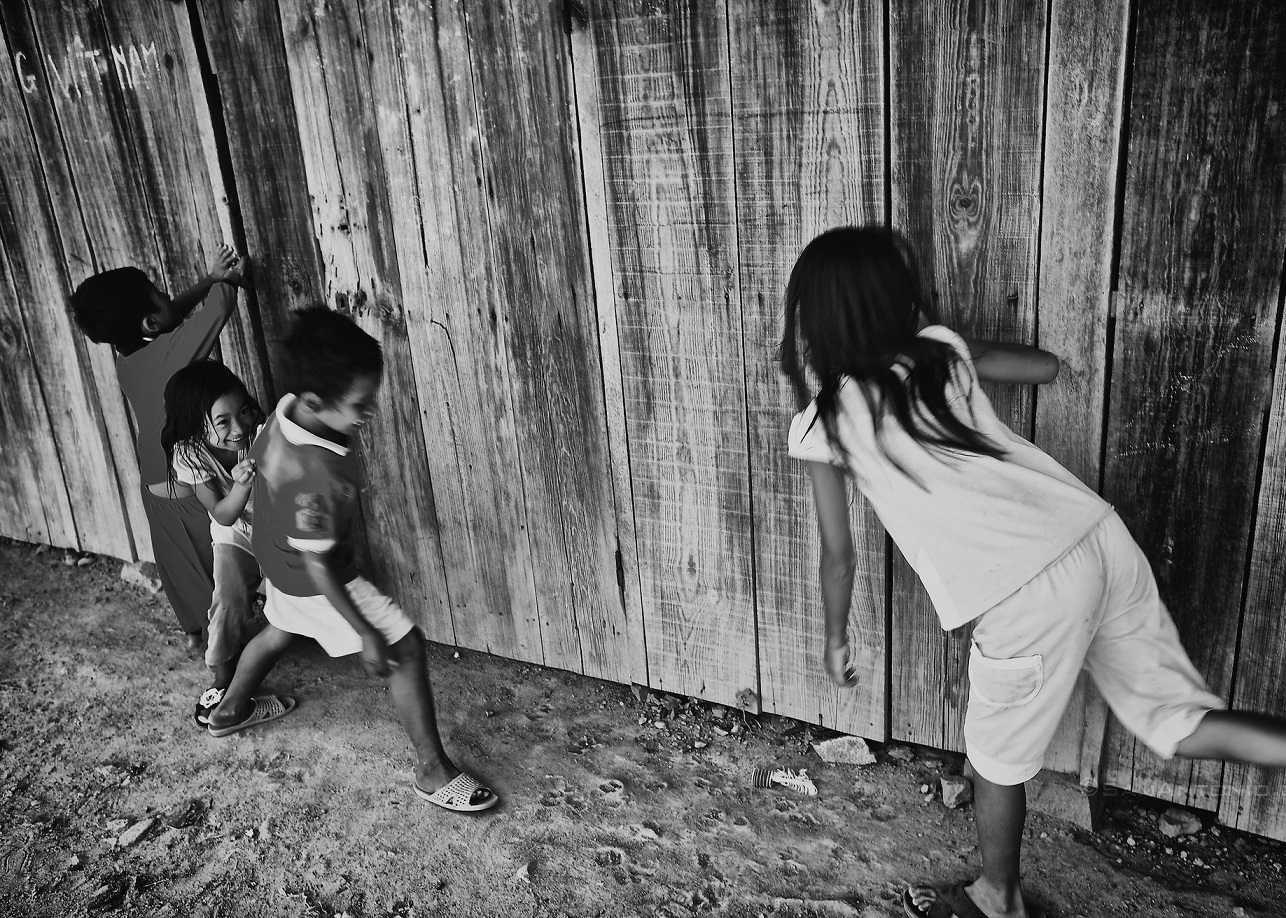 www.SamAntonioPhotography.com, Flickr
www.SamAntonioPhotography.com, Flickr
No Participation Trophies
In decades before, awards were given for achievements in academic subjects or sports—but at some point in the 1990s, awards started to be given out for nearly everything, including participation. While it’s a positive nod toward inclusivity, it’s also created a major cultural shift.
No TV Parental Controls
Back when TVs just had a couple dials and one or two buttons, there was no way for parents to limit what their kids watched on TV—but luckily, there weren’t that many networks or shows, so there wasn’t so much explicit content to avoid.
Drinking From The Garden Hose
On a long, sunny day playing outside, it wasn’t uncommon to drink from the garden hose. Now, bottled water or filtered water are far more common choices for health-conscious parents.
Pools Without Fences
Big blue swimming pools were the jewel of the suburban backyard—but now, they all kind of look like they’re in jail. Beginning in the 1990s, many states, towns, or HOAs required that pools be surrounded by a safety fence, in an effort to stem accidental drownings.
Blood Oaths
We’ve all seen it in movies and on TV shows—best friends pricking their fingers with a pin and pledging to be blood brothers or sisters. But thanks to health concerns, this practice has been discouraged.
Childproofing
Instead of locking up their cleaning products and boxing up outlets, kids in previous generations were exposed to a lot more danger on the regular. Now there’s all kinds of devices to help keep kids out of trouble.
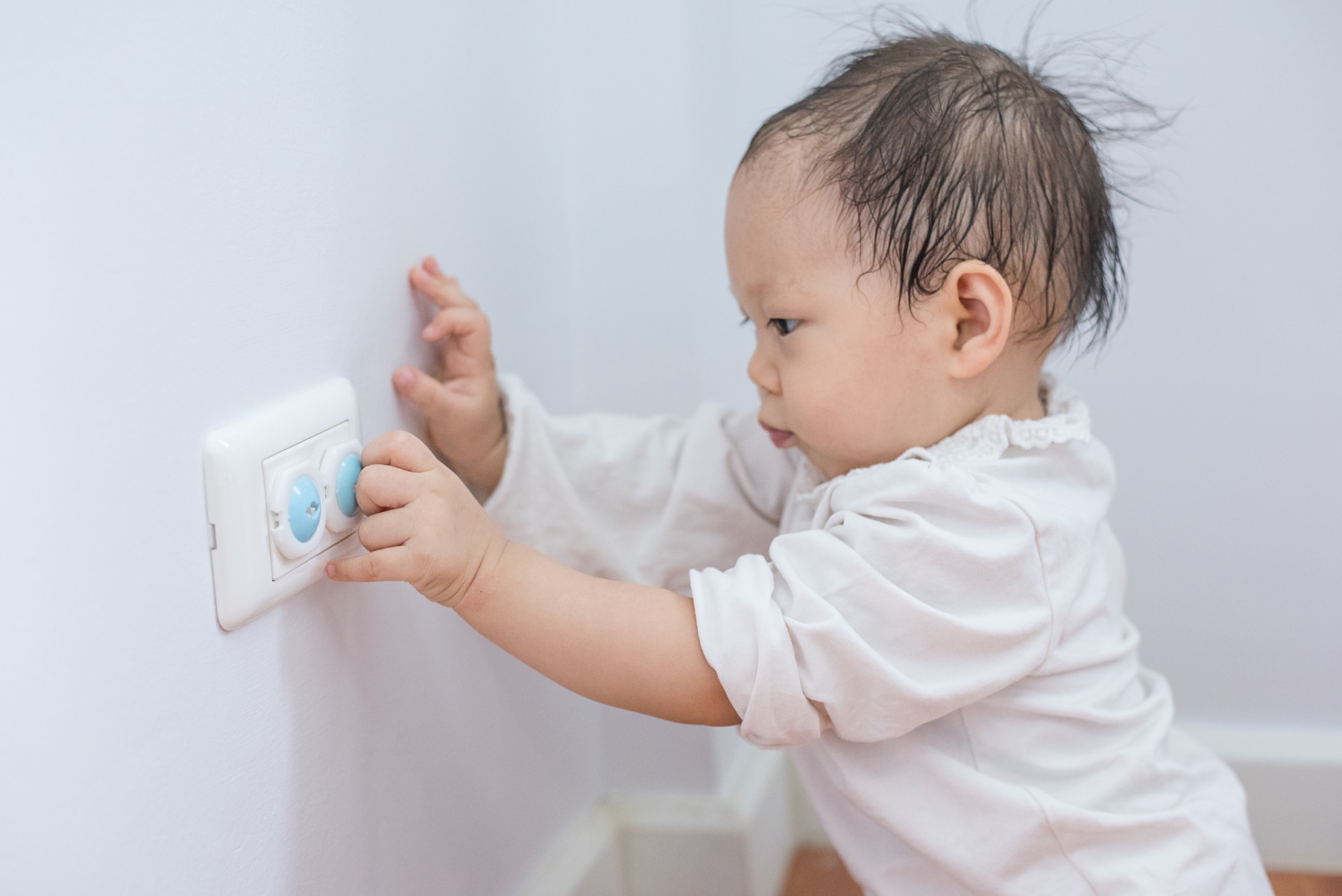 Natthawon Chaosakun, Shutterstock
Natthawon Chaosakun, Shutterstock
Free Play
If you were a kid growing up in the 1960s and 1970s, you split your time between school and chores. Every other moment was dedicated to doing basically whatever you wanted to do. Kids today have so many extracurricular activities that there’s not a lot of time left for free play.
Homemade Halloween Costumes
While there are plenty of parents out there still loading up Pinterest boards with ideas for homemade costumes, it’s far more common to hit up a Spirit Halloween and get a readymade costume. Decades ago, though, there were few options for store-bought costumes—most were homemade.
Toy Guns
Even up to the 1990s, toy guns that looked realistic were still pretty common. In 1992, the US introduced a law stating that all toy guns should be brightly-colored or have an orange blaze on them to signify that they’re fake.
No Screen Time
This one goes without saying—in previous generations, there was only one screen, the TV, and most of the time, there wasn’t much on for kids. Kids of the 80s became the TV generation, as programming expanded, then kids of the 90s started to grow up on the internet. And ever since then, screen time has been a part of every kid’s daily life.
Splashing In The Fire Hydrant
On a hot day in the city in the summer, it was always a celebration when someone would wrench open the fire hydrant, spraying water in the air and letting kids cool off and splash around.
While many block associations in New York City, for example, still have the tools to do this, many more homes have access to air conditioning than they did before—so it’s less common.
Hitchhiking
Back in the 1960s, before stranger danger, hitchhiking was pretty common among adults—and it wasn’t unheard of for a kid to stick out a thumb and take a short ride to their destination with a stranger.
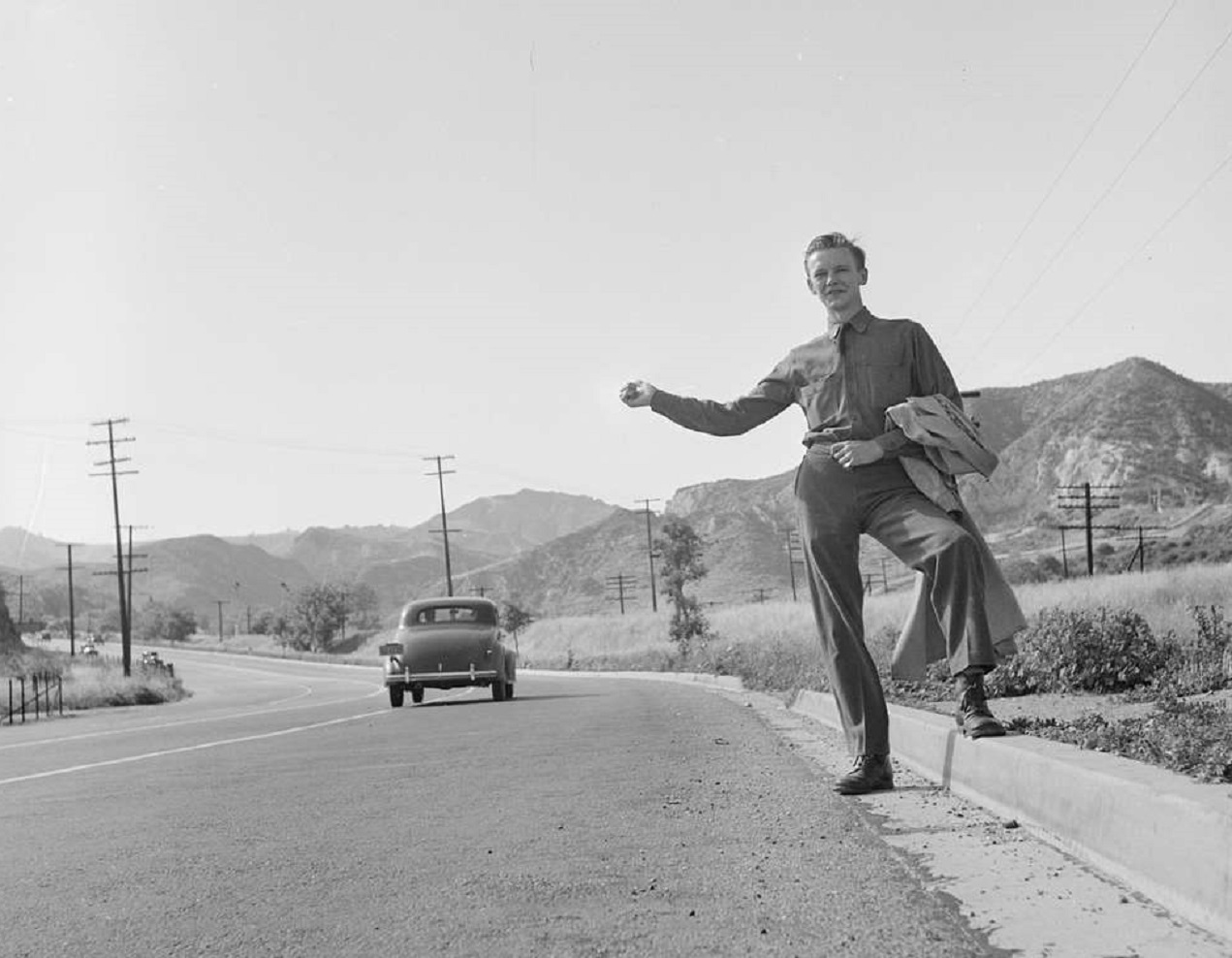 U.S. National Archives and Records Administration, Picryl
U.S. National Archives and Records Administration, Picryl
Unregulated Cribs
Safety regulations for baby cribs, seats, and strollers are now incredibly strict—but for previous generations, many kids just slept in homemade cribs, or ones that weren’t quite built to today’s standards.
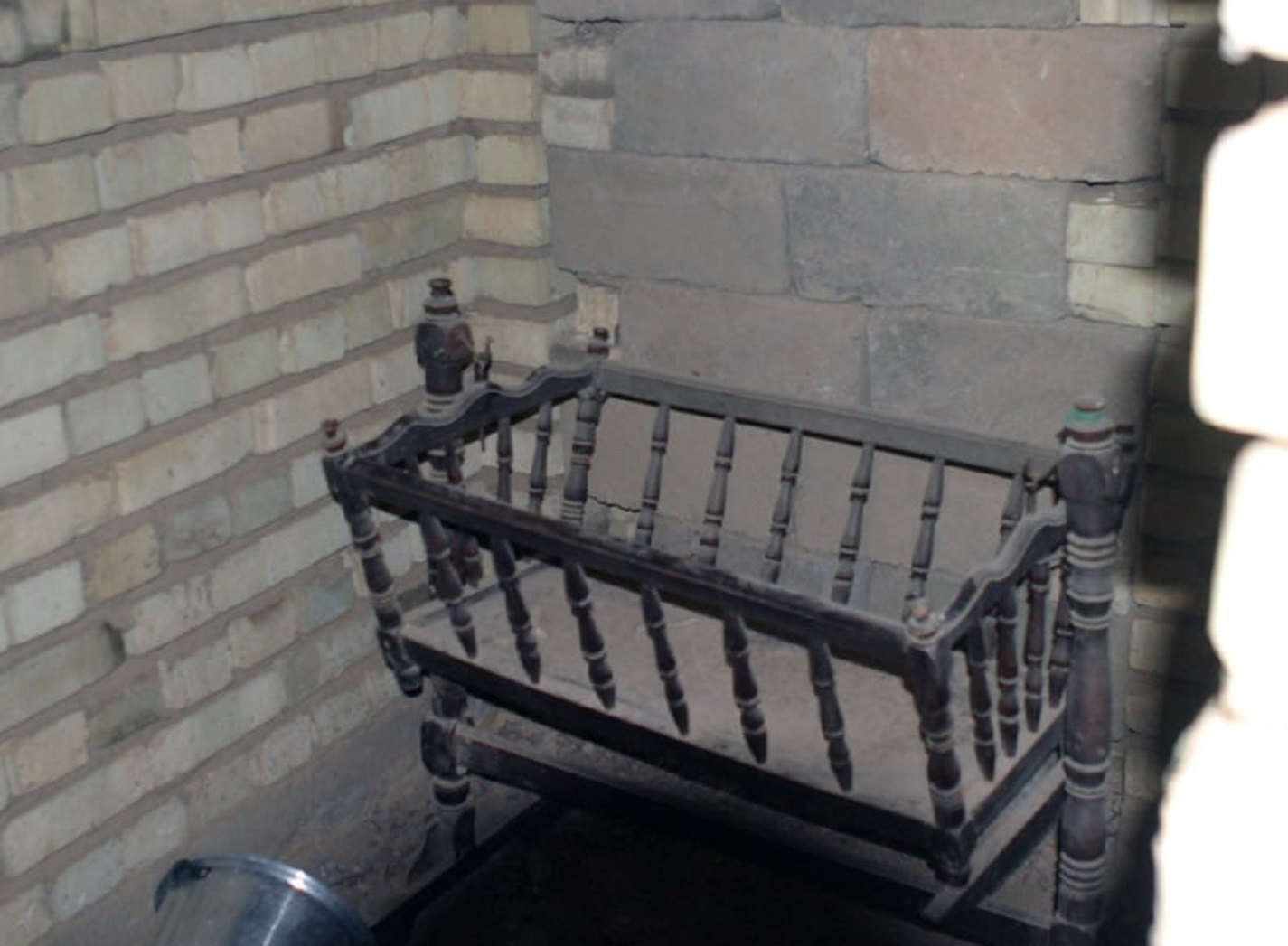 The U.S. National Archives, Picryl
The U.S. National Archives, Picryl
Trampolines Without Nets
There’s nothing more thrilling to a kid than jumping on a trampoline—and what made it even more thrilling was the sense of danger that you’d either end up in the springs (ouch) or bouncing off and hitting dirt. Now, safety nets around trampolines are far more common.
Lawn Darts
While lawn darts are still popular today—more among adults than kids—old sets of lawn darts were heavy and had super-sharp tips, making them a pretty dangerous choice of game for kids.
Walking To School Alone
Most kids walked to school alone or with siblings—without adult supervision. Now it seems like every school has a line of cars for drop-off that stretches all the way back home.
Second-Hand Smoke
There used to be smoking sections in restaurants and malls—and parents had no qualms about hanging out in a smoke-filled car or home with their kids.
No Seatbelts
In 1968, the federal government began to require that all new cars come with seatbelts—but that didn’t mean that everyone used them. Even in the 80s and 90s, it felt like only 50% to 60% of people buckled up in the car—and even if the kids did, it didn’t necessarily mean the parents did too.
No Rides To School
As mentioned earlier, most kids walked to school—but a lot also took the school bus if they lived further, or biked. Now, it seems like every kid gets a ride to school from mom or dad every day, which in previous generations, really only happened if you missed the bus.
No Carseat? No Problem
If there were too many kids and not enough carseats? No problem. Some kids would sit on other’s laps. Someone had a cargo van? Kids would sit on the floor in the back, or on a backless bench. Pick-up truck? Why not ride in the truck bed. All went unquestioned back then.
No Parental Advisories
If you bought an album from your favorite band, it’s likely your parents had no idea what the lyrics were or what the band was singing about. But in 1985, the Recording Industry Association of America made an agreement with various parent groups to add “Parental Advisory” stickers to records, tapes, and CDs, so that parents were more aware of what their kids were listening to.
No Rating Systems
The MPA rating system has been around since 1968, meaning that seeing an “R-rated” movie was always a losing battle for a kid—but it took until the mid 1990s for TV shows to start having ratings for age.
Farm Work
Generally, if you lived on a farm, you were expected to contribute—and that meant operating heavy machinery, getting into the pen with massive animals, and even driving trucks, all before the age of 10.
Playing “IN” The Street
While it’s not uncommon to see a group of kids playing street hockey in the middle of the block, with the way people drive today, it’s far more uncomfortable to watch than it ever was before.
No Keys
Kids in previous generation never needed a housekey, because the door was always unlocked—even late at night. Often, people just had their door fully open all today to let the air circulate.
 Infrogmation of New Orleans, CC-BY-SA-3.0, Wikimedia Commons
Infrogmation of New Orleans, CC-BY-SA-3.0, Wikimedia Commons
Trick Or Treating Alone
Another essential part of Halloween was taking off with a friend and collecting as much candy as possible. There were no parents waiting at the end of the walkway, and they certainly weren’t checking over the candy.
Not Tracking Food
If it was in the house, you could eat it—and if you had a few coins, you could buy it for yourself. Except for a few granola parents, no one really tracked what their kids were eating or worried about nutritional value.
Playing Sports Without Protection
Like bike helmets, there was a time when kids played tackle football and hockey without helmets, cups, pads and mouthguards—or went rollerblading without knee and elbow pads.
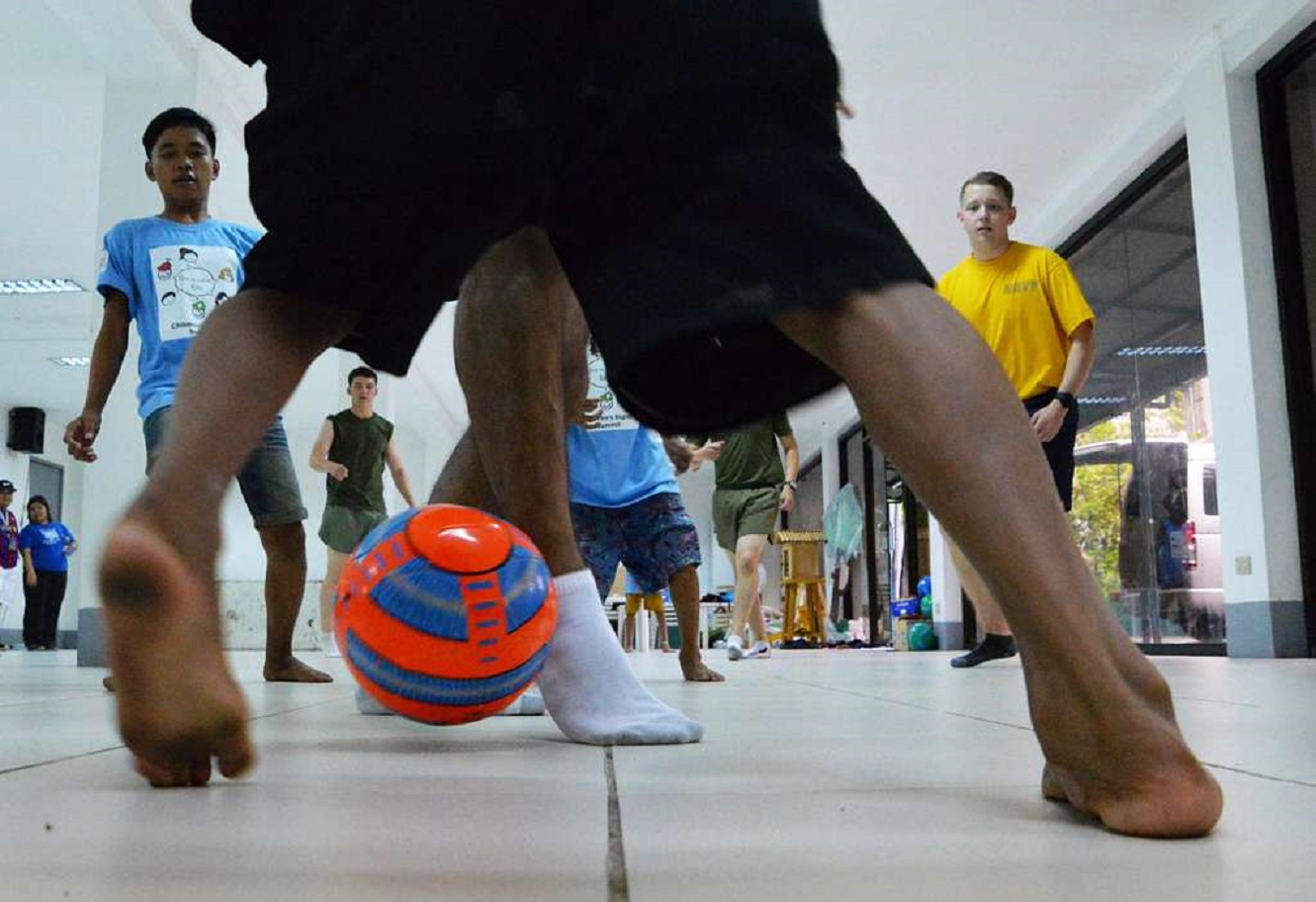 Defense Visual Information Distribution Service, Picryl
Defense Visual Information Distribution Service, Picryl
Sleepovers
While it’s not like they’re totally out of fashion, if you go on Twitter you might see a large contingent of parents who say they’re never going to let their kids go to a sleepover or slumber party, because they don’t want them unsupervised with the other kid’s parent. Seems overprotective!
Smoking And Drinking In Utero
Okay, this one, the kids don’t really opt in to doing—but back before the risks were known, many pregnant women smoked and drank their way through their pregnancies.
Unannounced Visits
Parents today will send an email chain to plan out a simple play date—but in previous generations, many kids would simply show up unannounced to their friends’ houses, and spend the whole day playing without a prior plan.
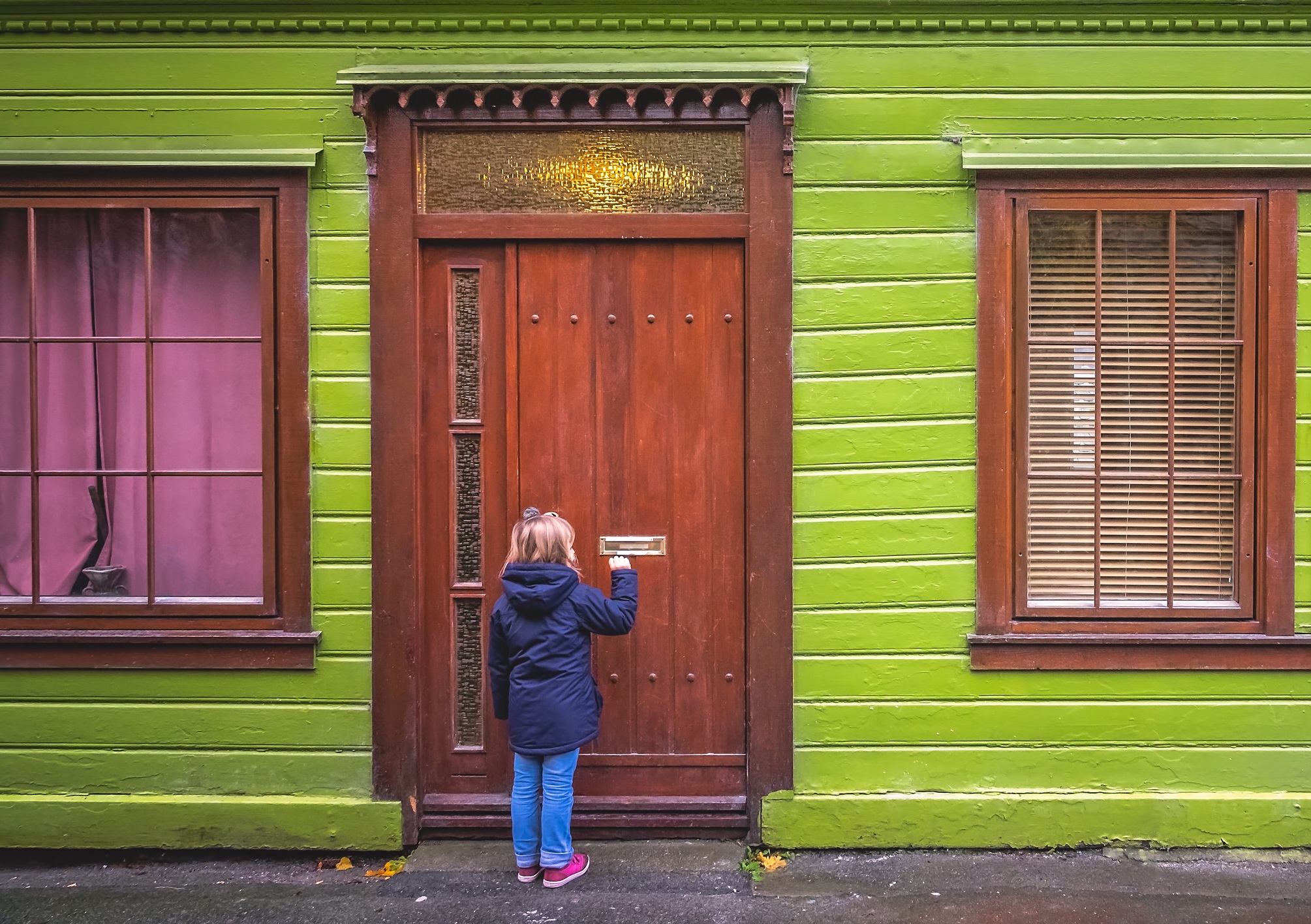 Pav-Pro Photography Ltd, Shutterstock
Pav-Pro Photography Ltd, Shutterstock
Sugary Gum
If there’s one thing kids love, it’s gum—and there used to be a lot more fun flavors, and they were all sweetened with sugar, not more teeth-friendly substitutes like aspartame.
Sugary Cereal
Speaking of sugar, breakfast cereals were packed full of sugar and bright, artificial dyes. Even if they weren’t sweetened, there was normally a bowl of sugar on the table so you could do the job yourself.
Corporal Punishment
If you went to school and got out of line, it wasn’t uncommon for a teacher to raise a hand—or a paddle—to you. Then, between 1974 and 1995, many states began to enact laws banning corporal punishment in schools. Surprisingly, some states still allow it.
Sitting At Counters Alone
In the heyday of candy stores and malt shops, you’d see kids saunter up to the counter alone, order something, consume it, and pay for it. Though there’s certainly no shortage of kids today hitting up Starbucks, it just isn’t quite the same experience.
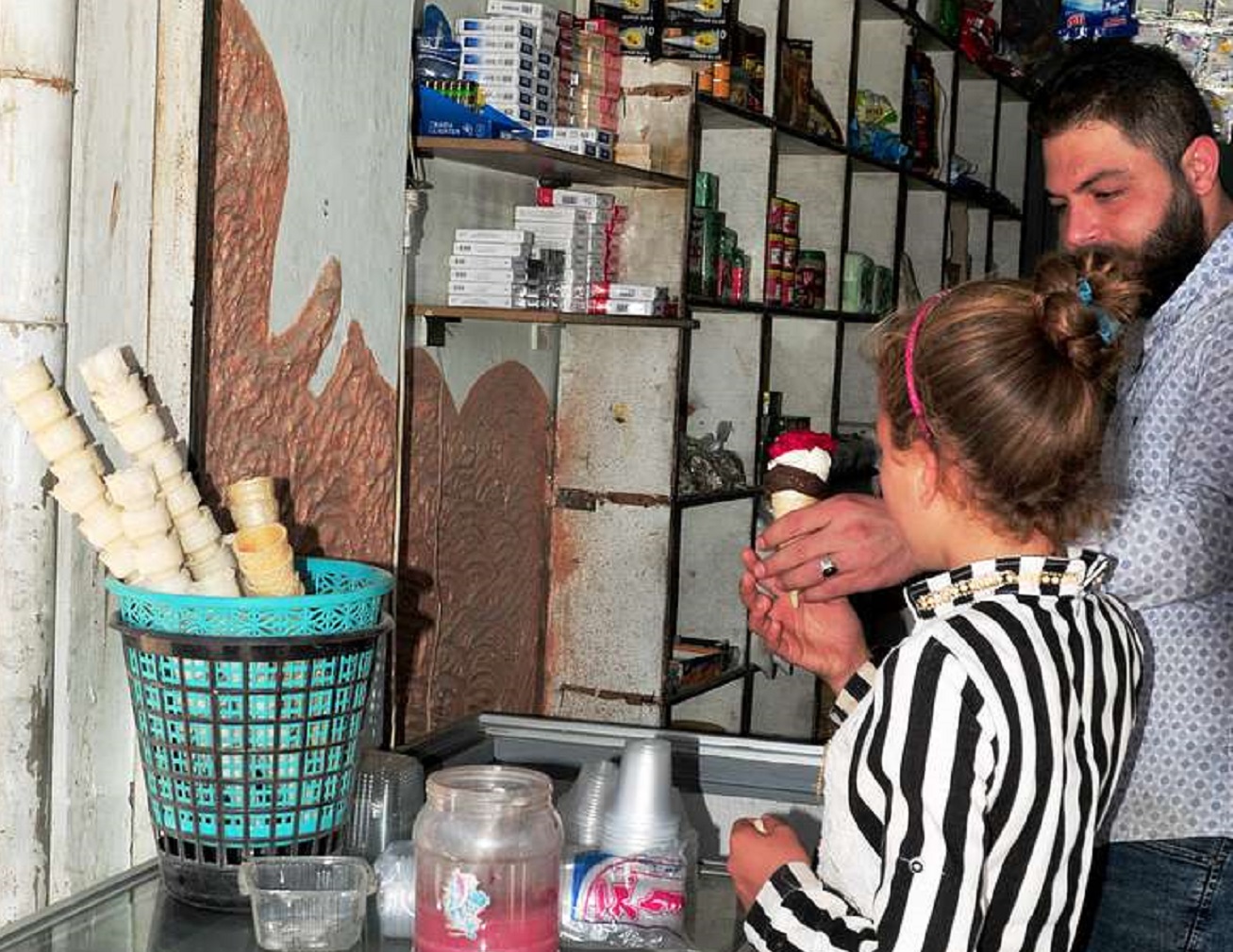 Defense Visual Information Distribution Service, Picryl
Defense Visual Information Distribution Service, Picryl
Swimming In The Deep End
Sure, there were always lifeguards around, but kids would jump in the deep end willy-nilly without a second glance. Now, many public pools ask that kids under a certain age perform a swim test before they allow them to hit the deep end.

